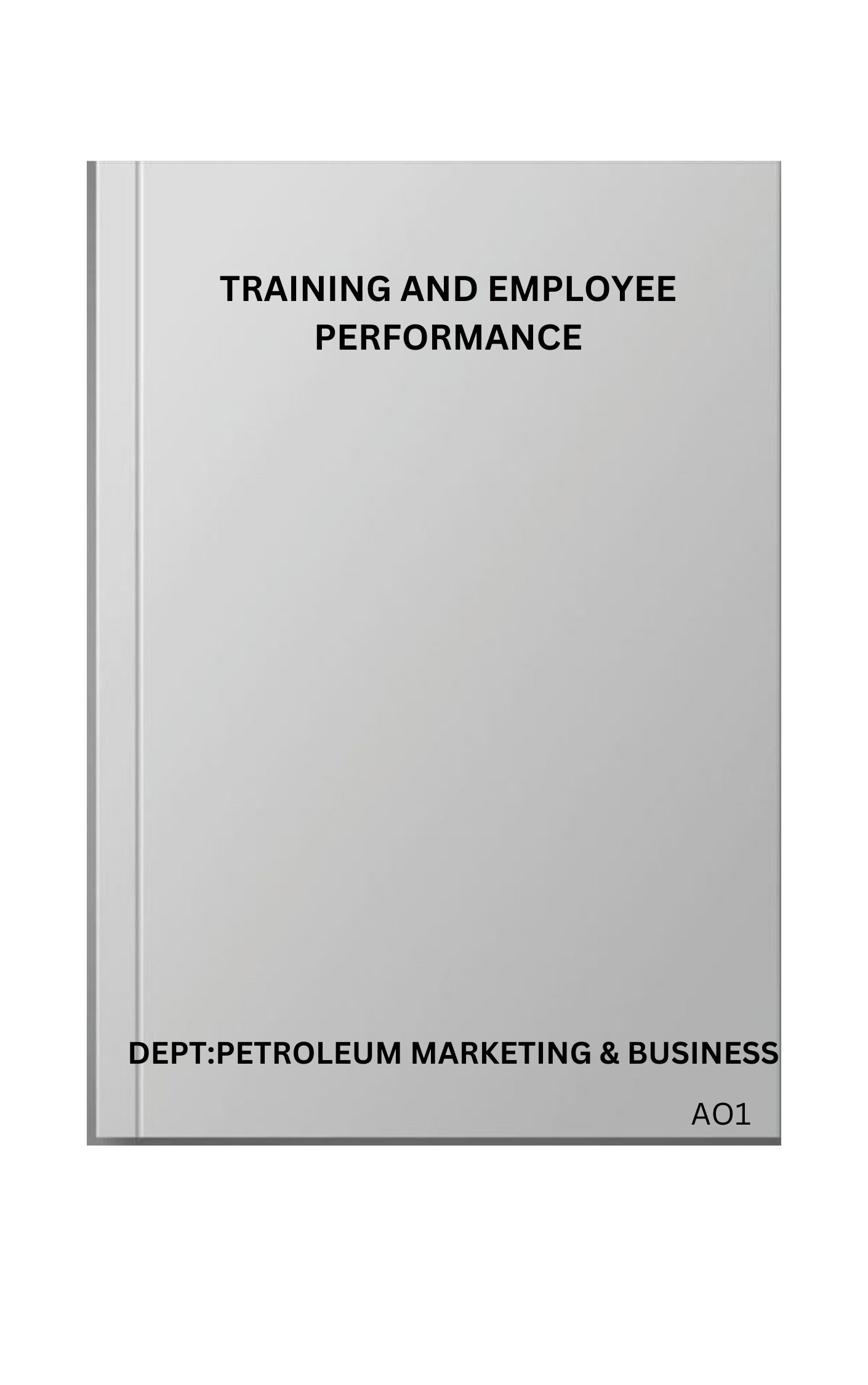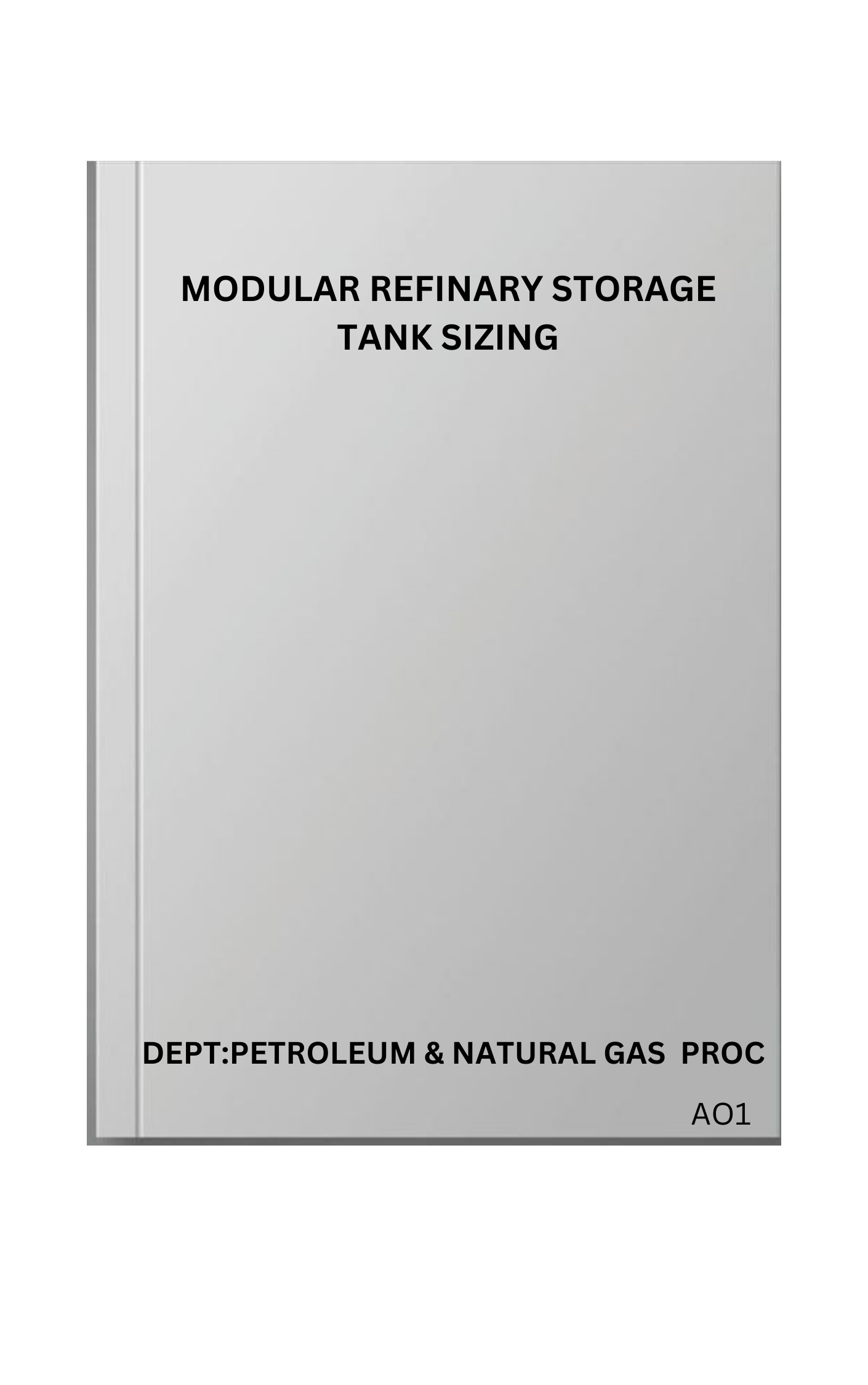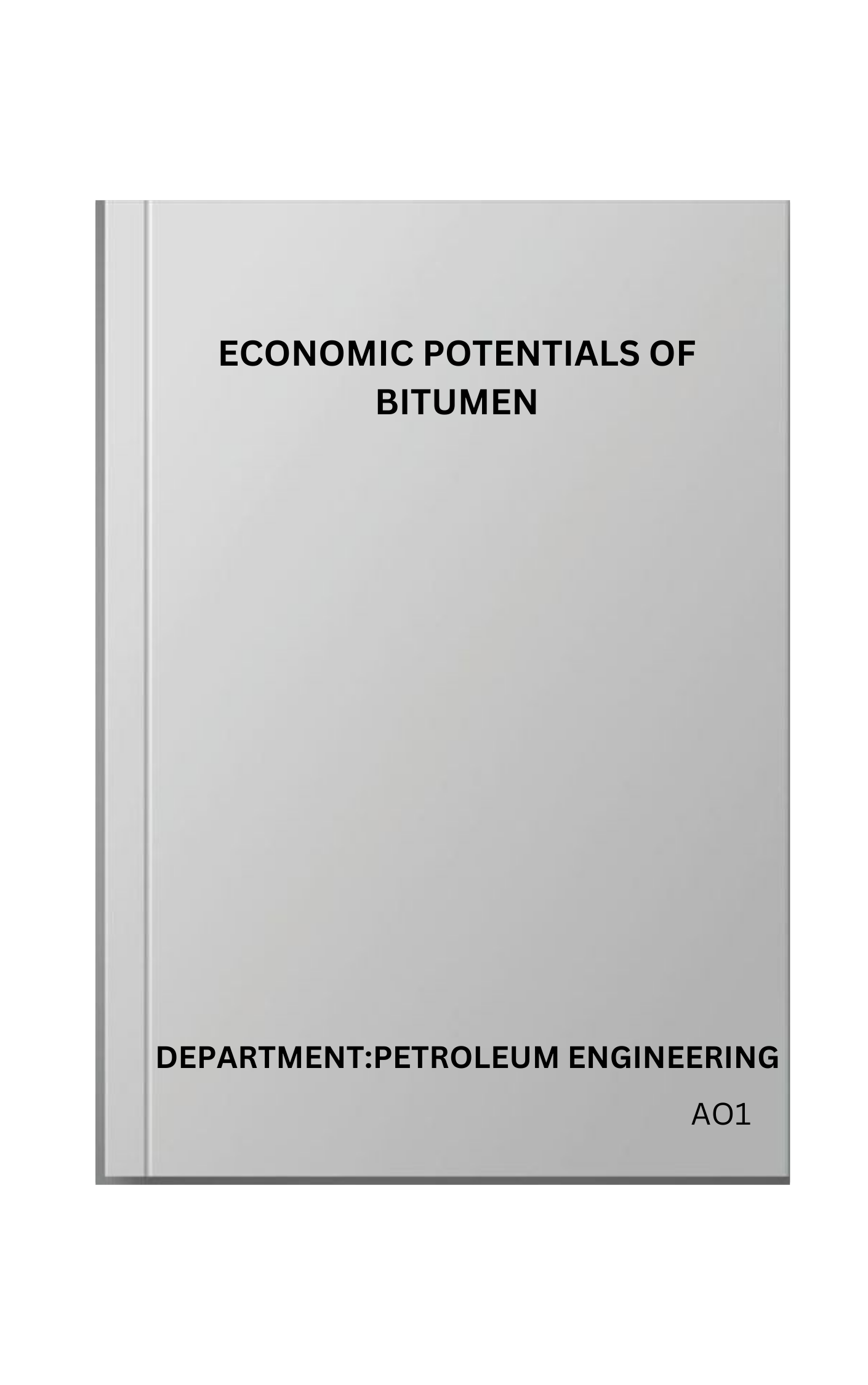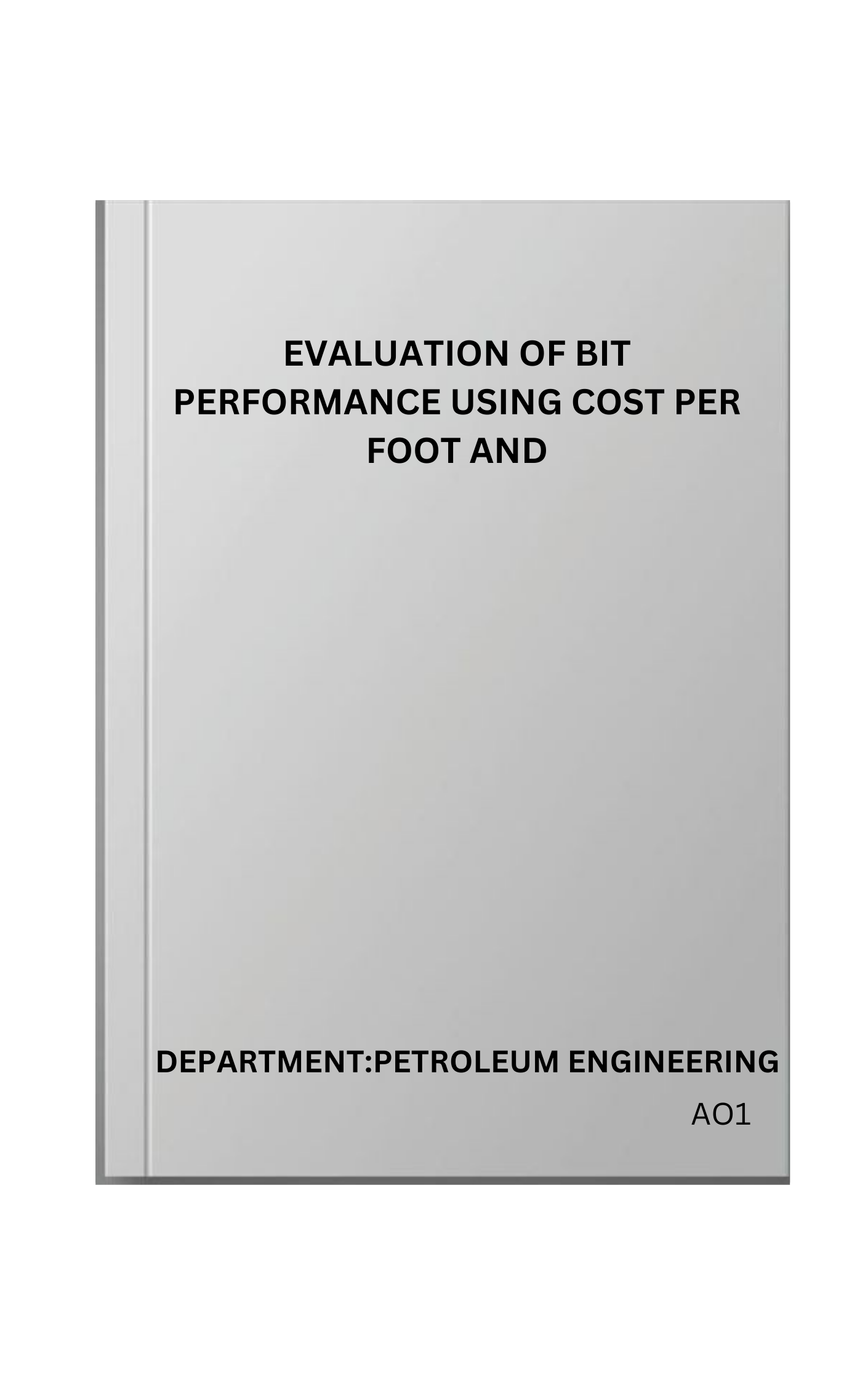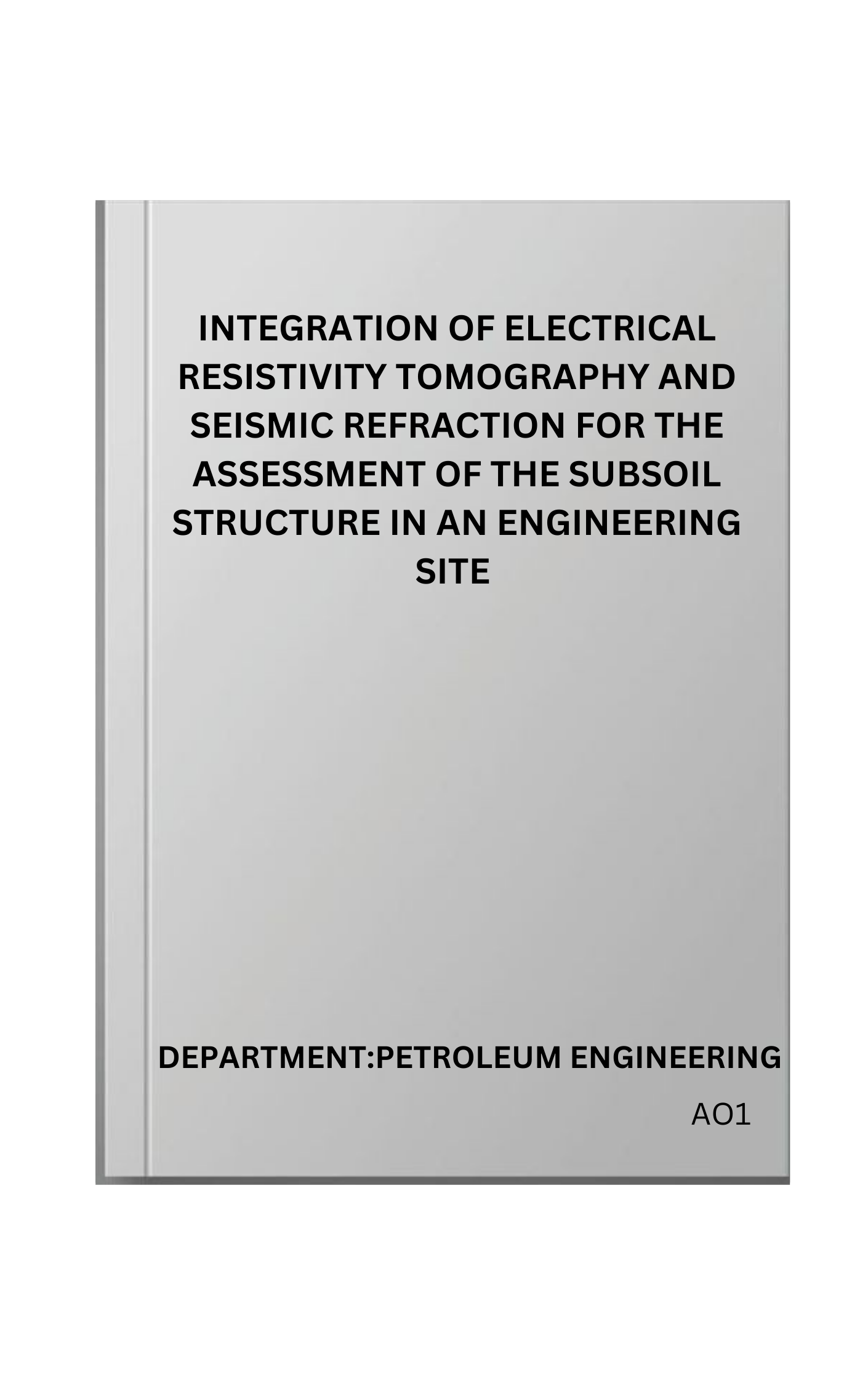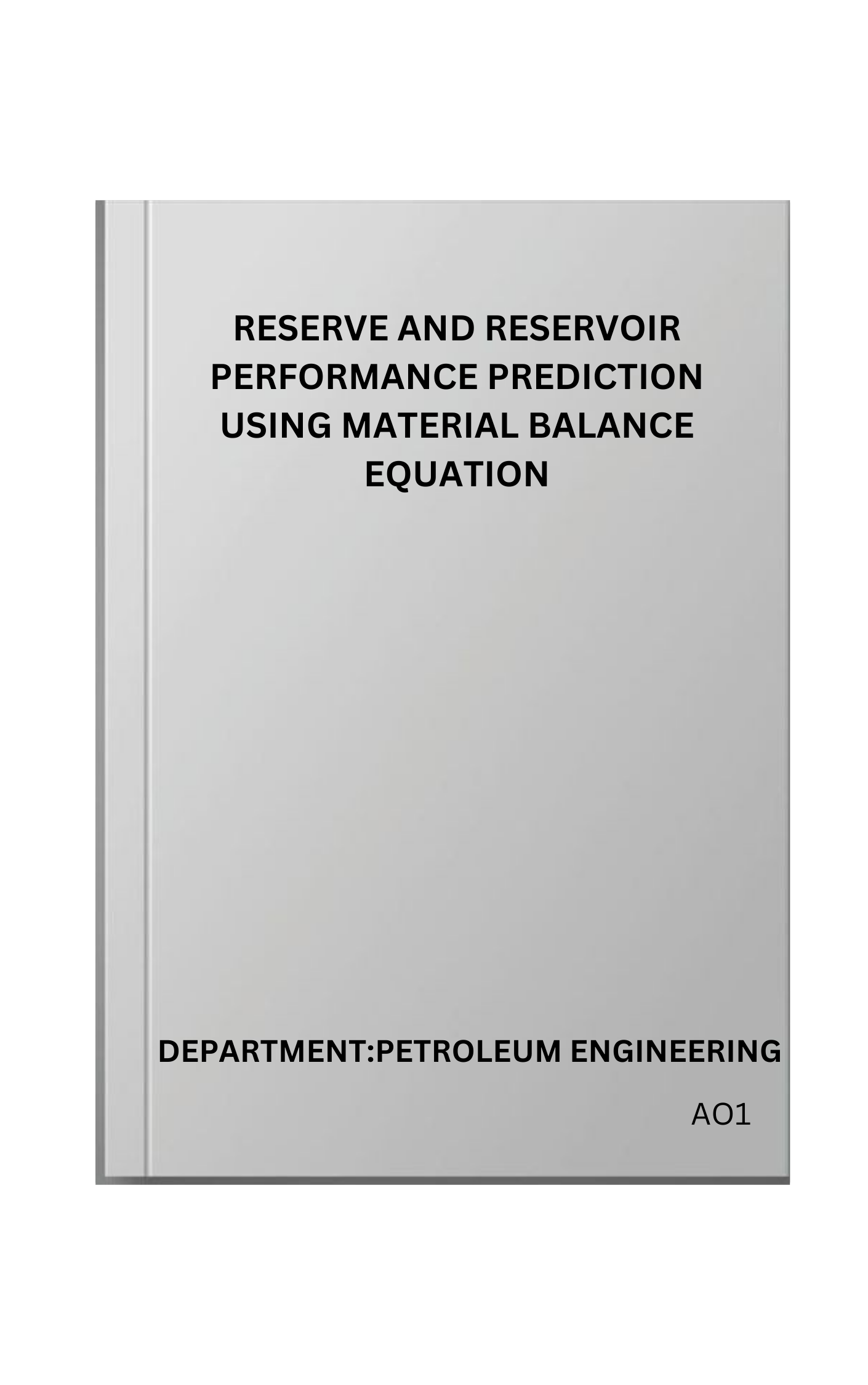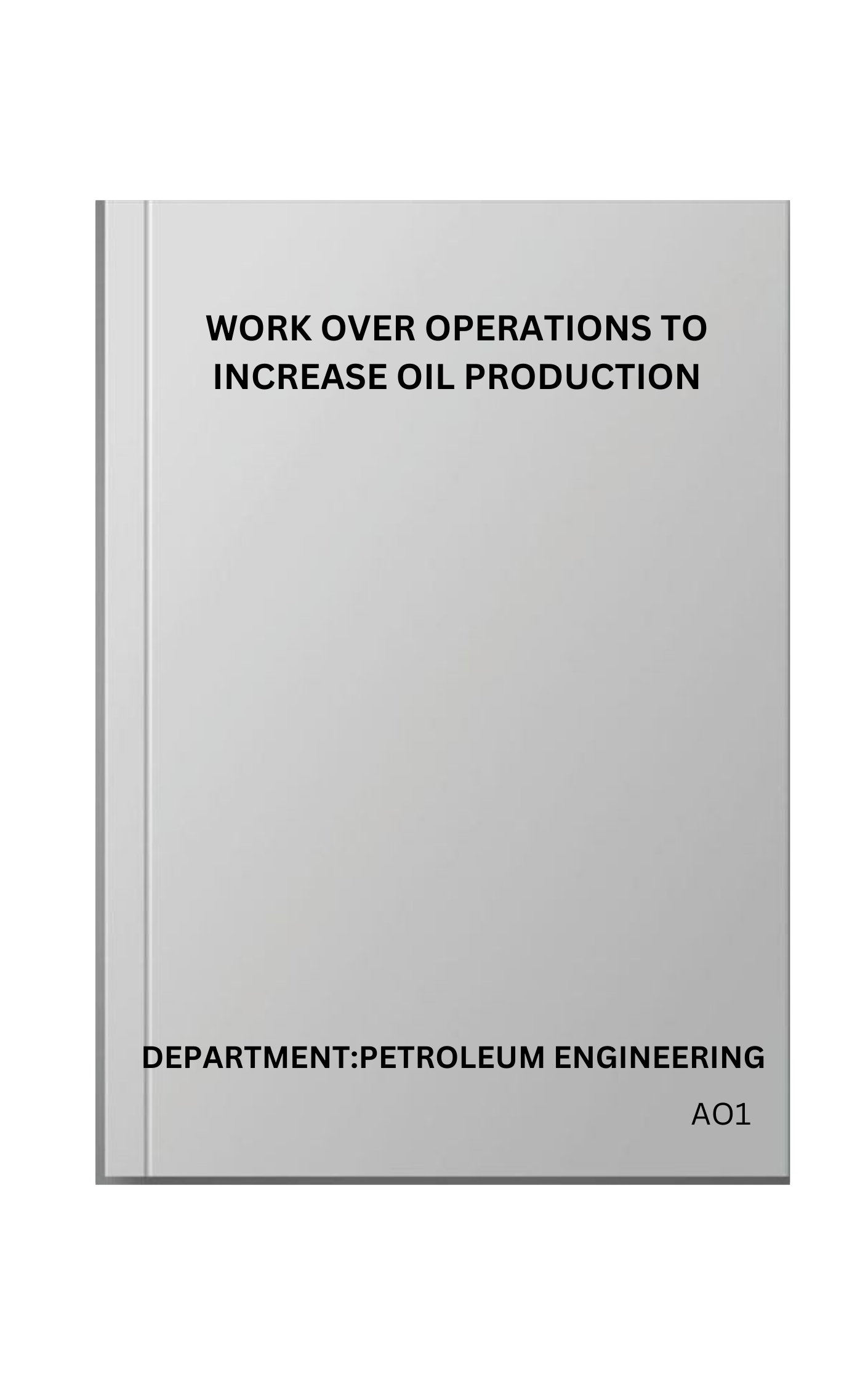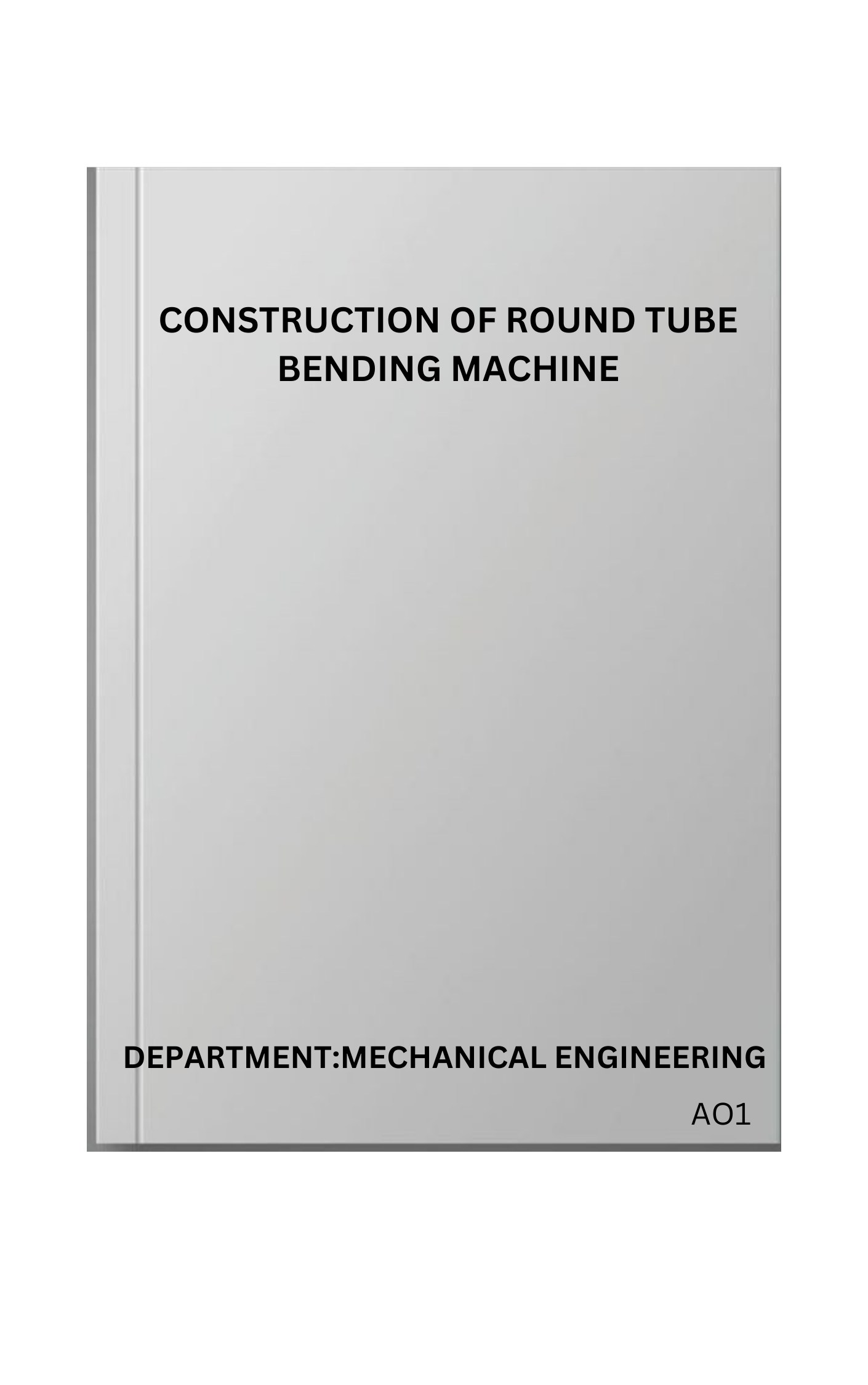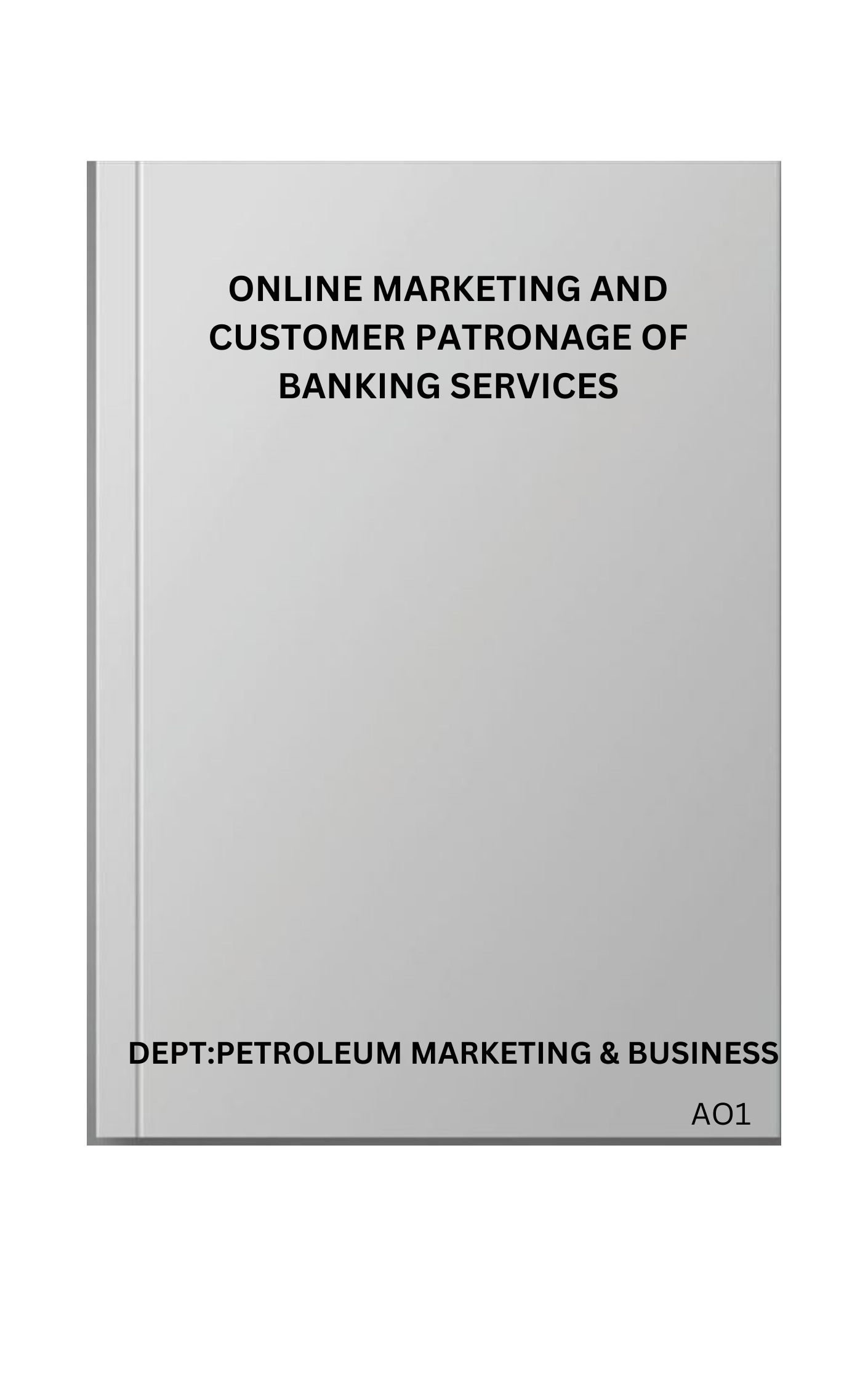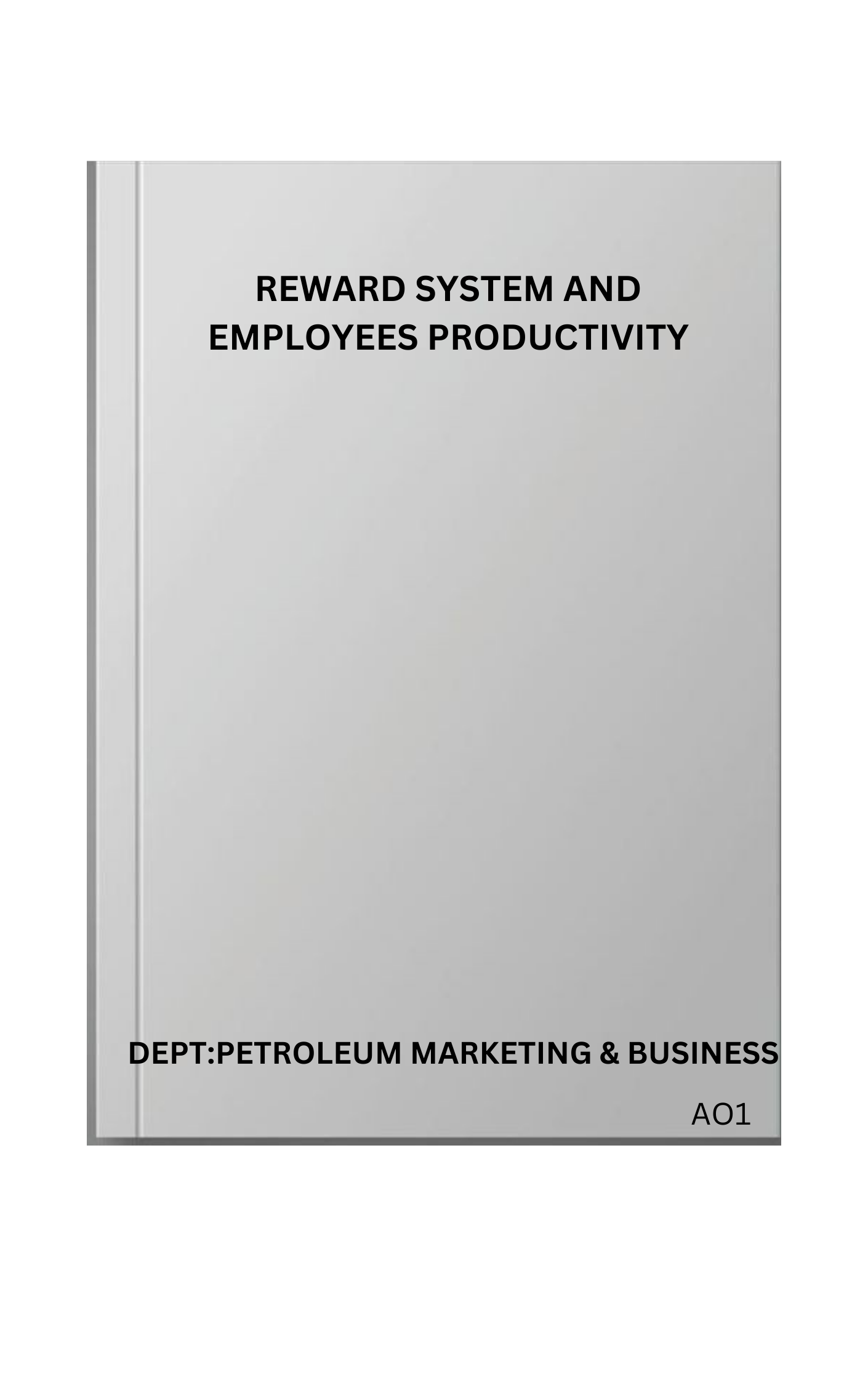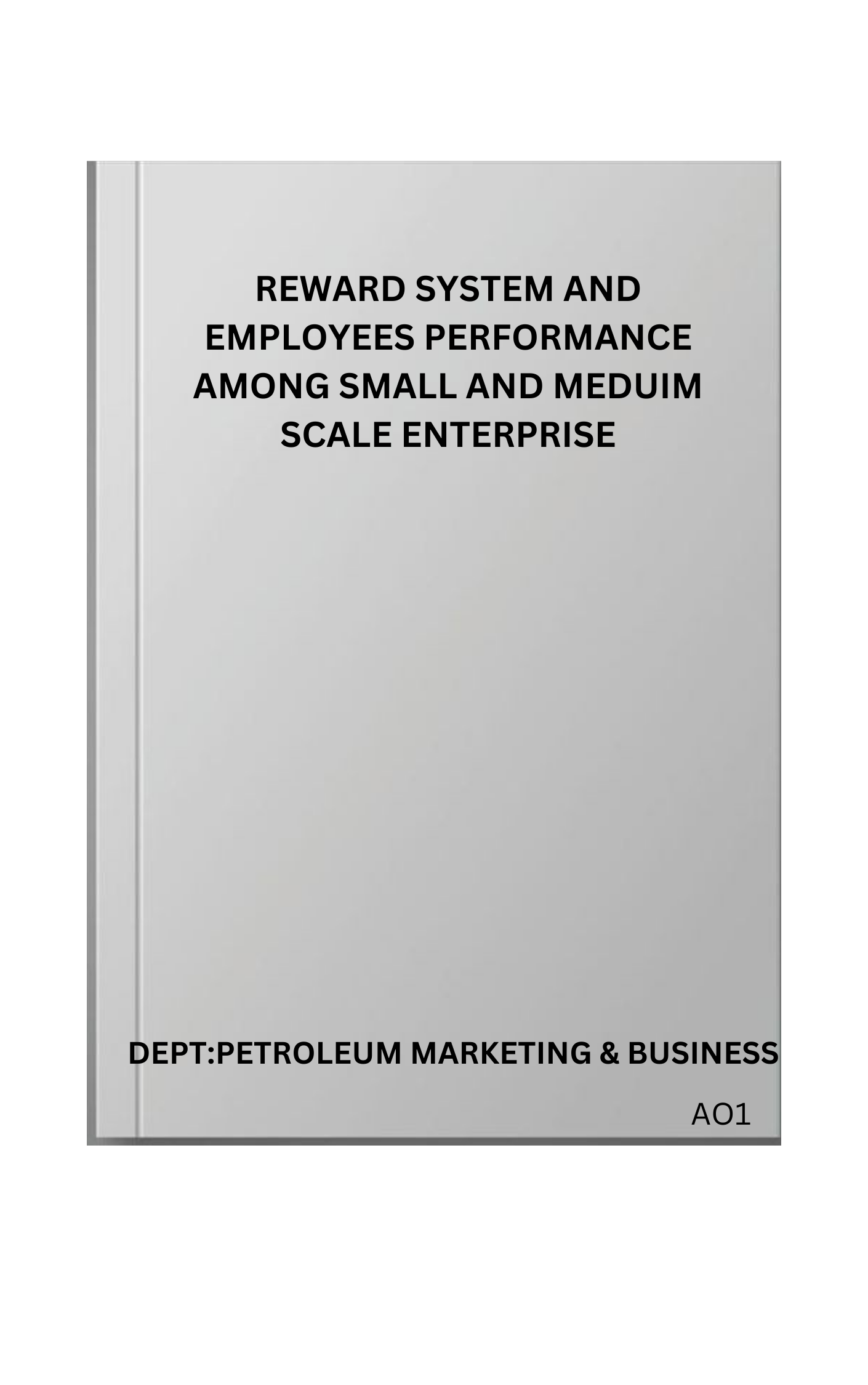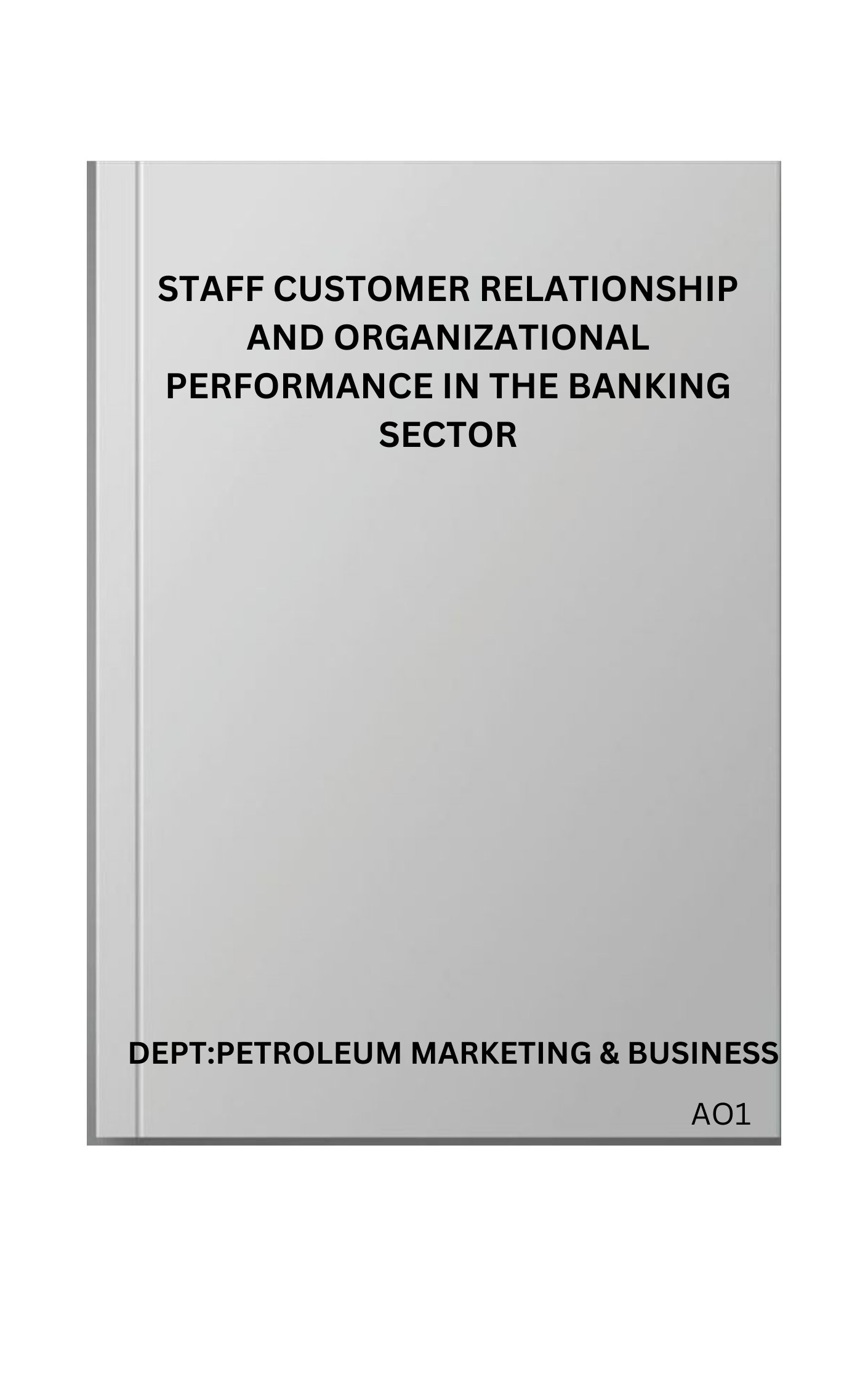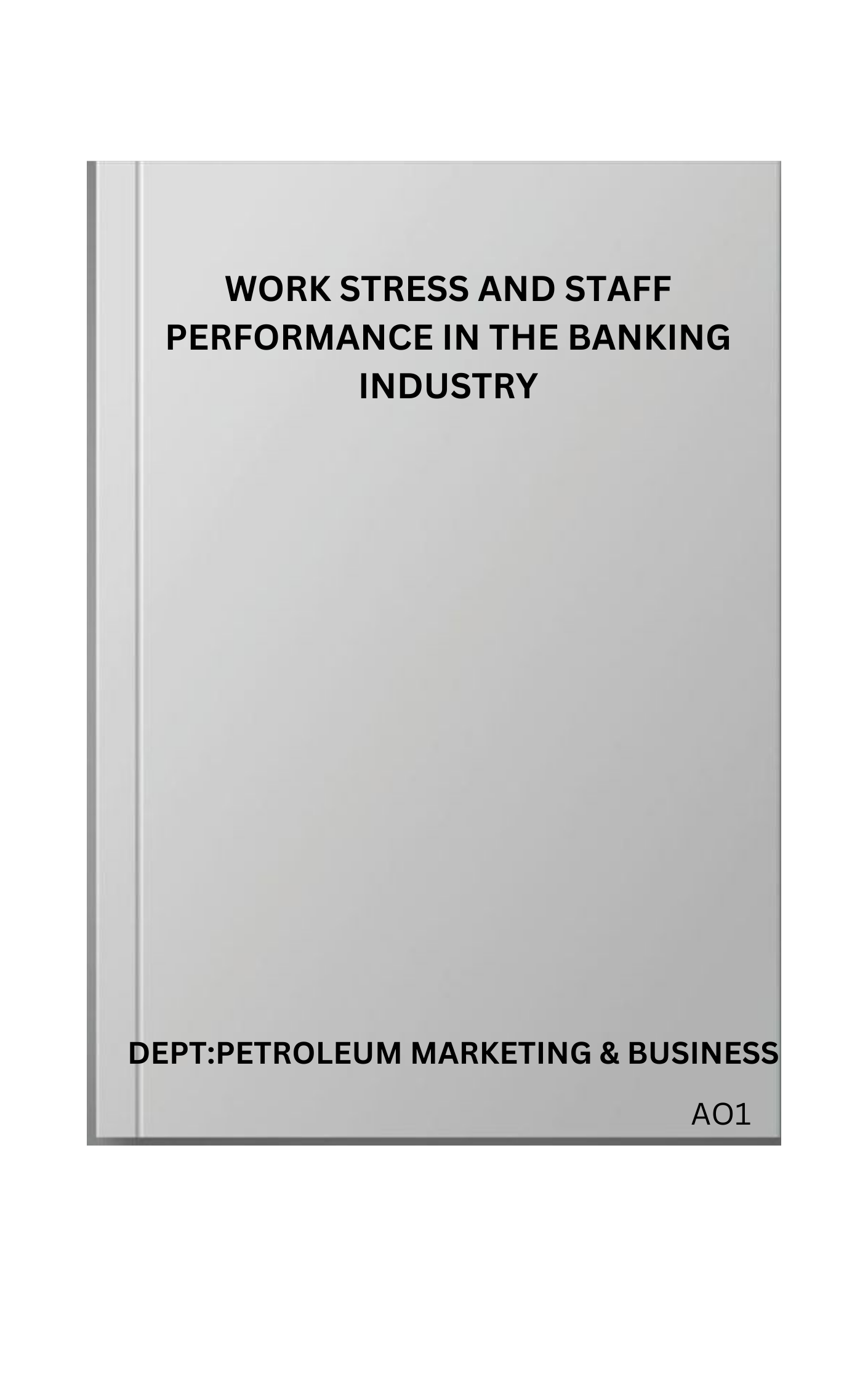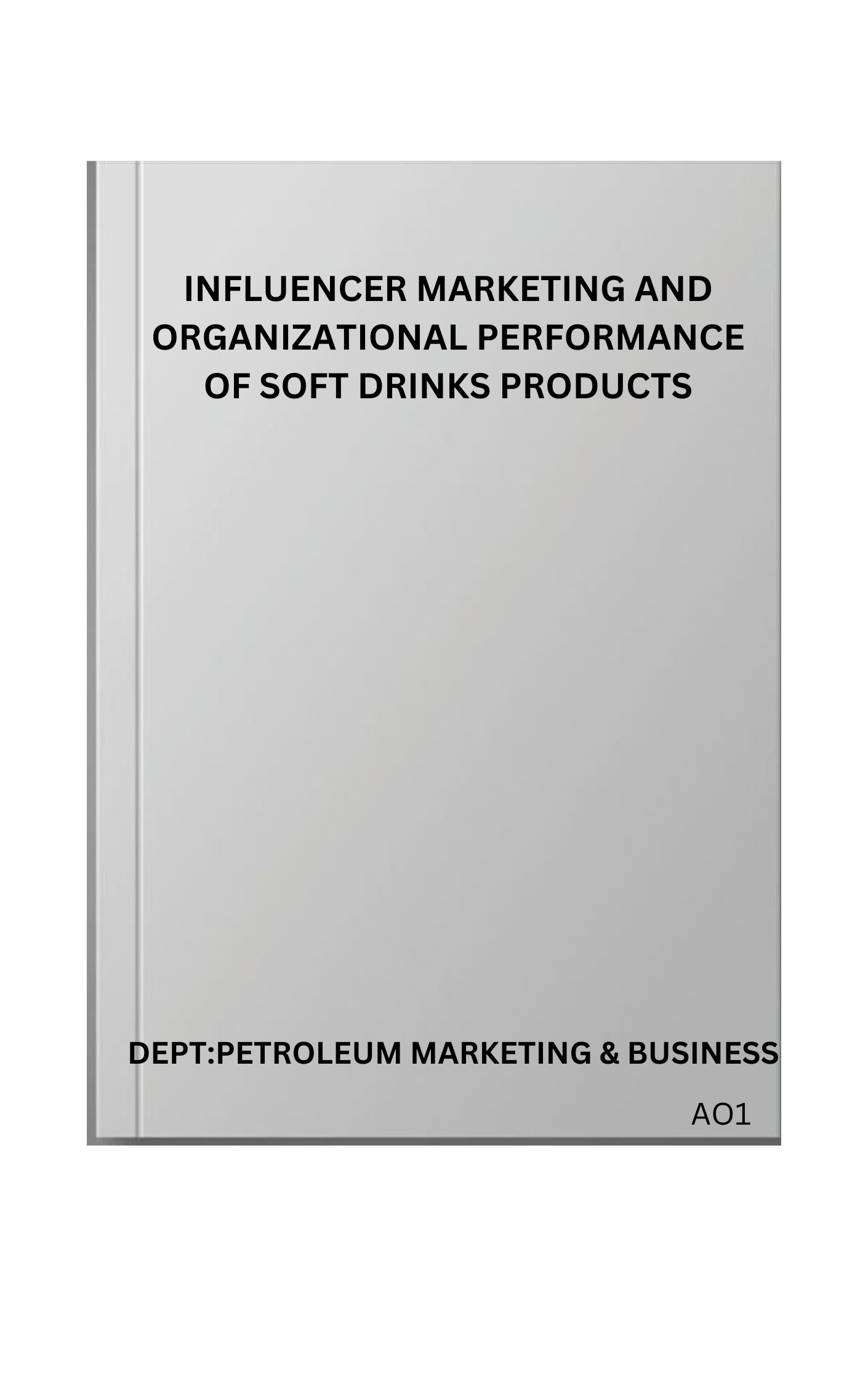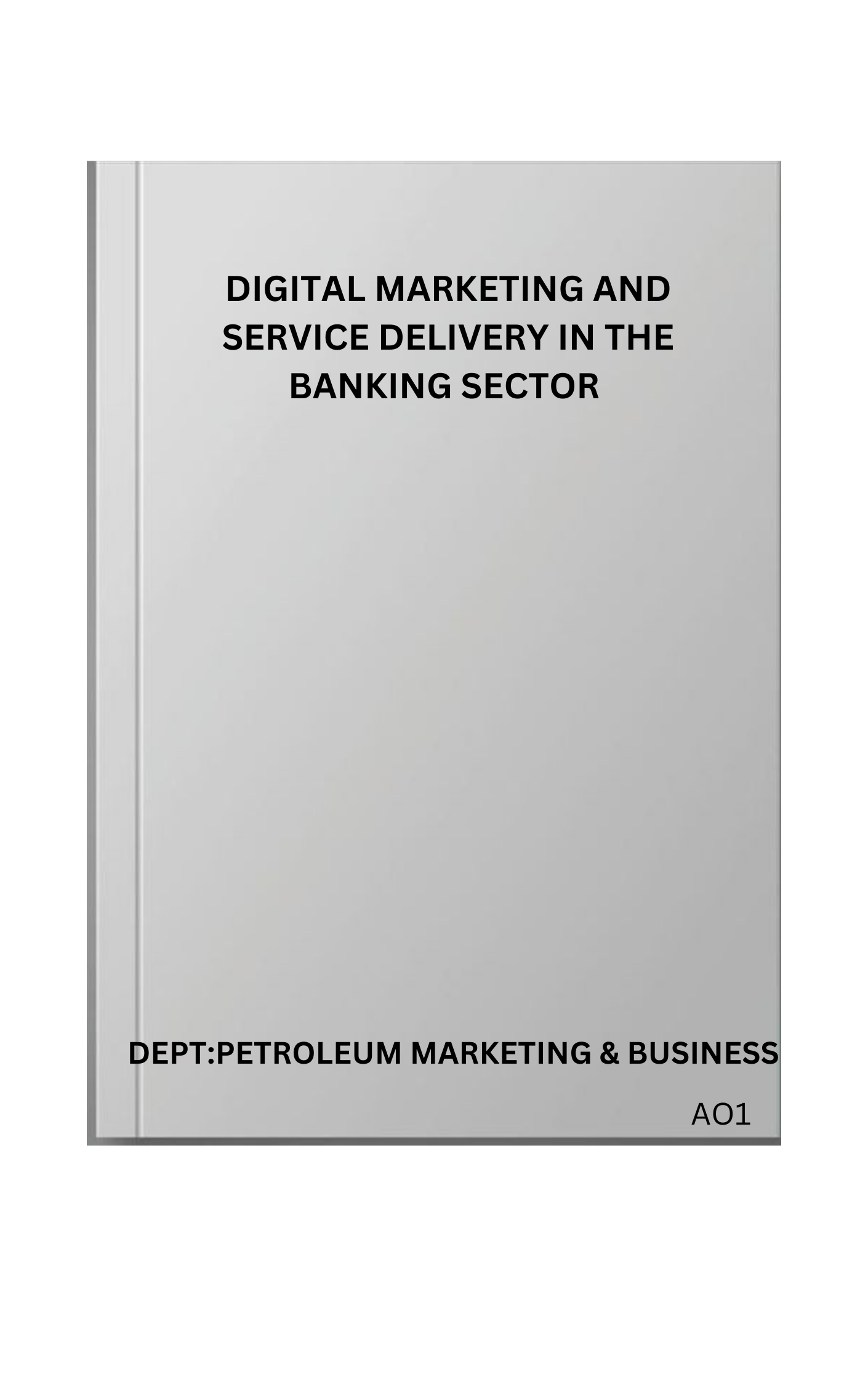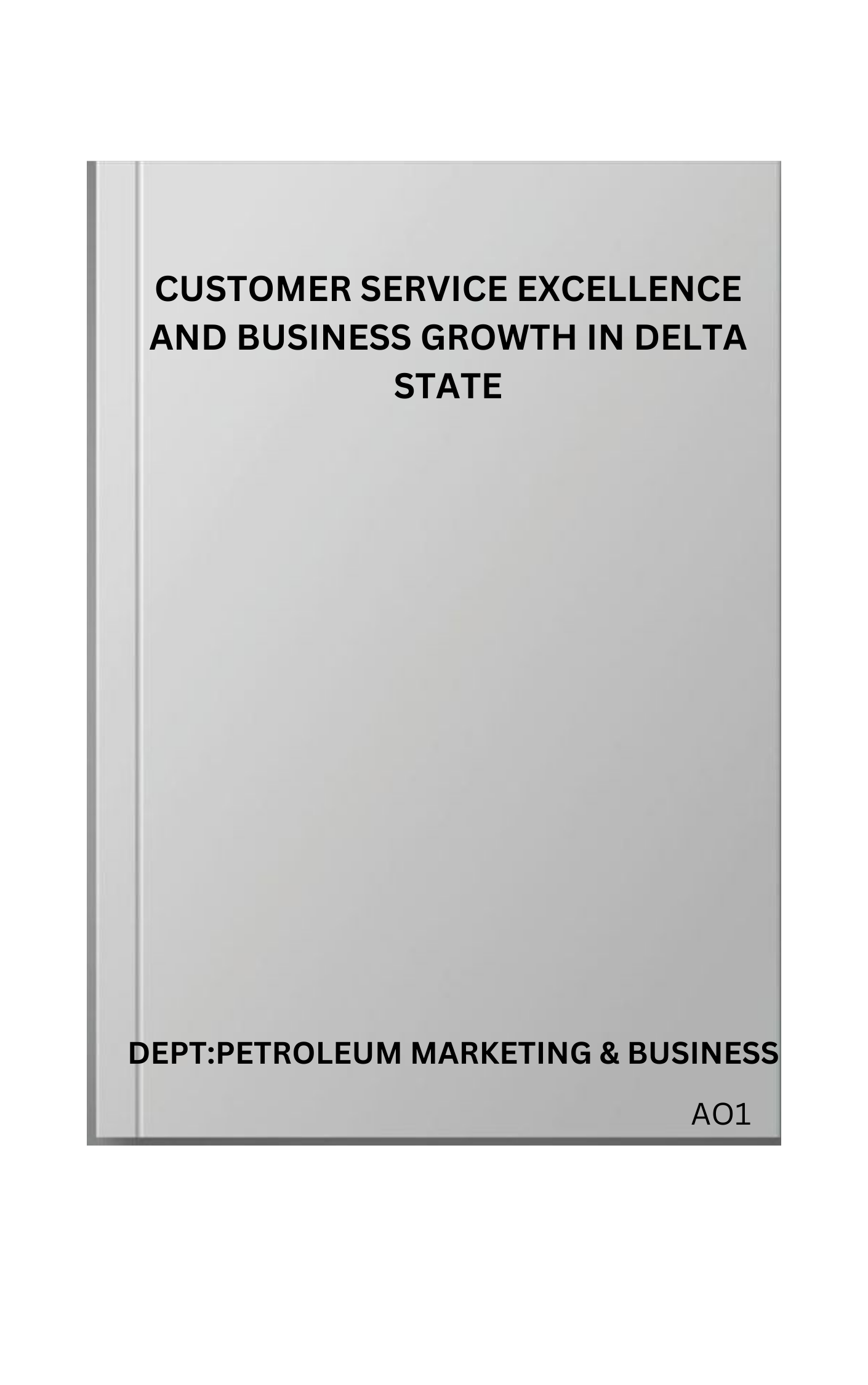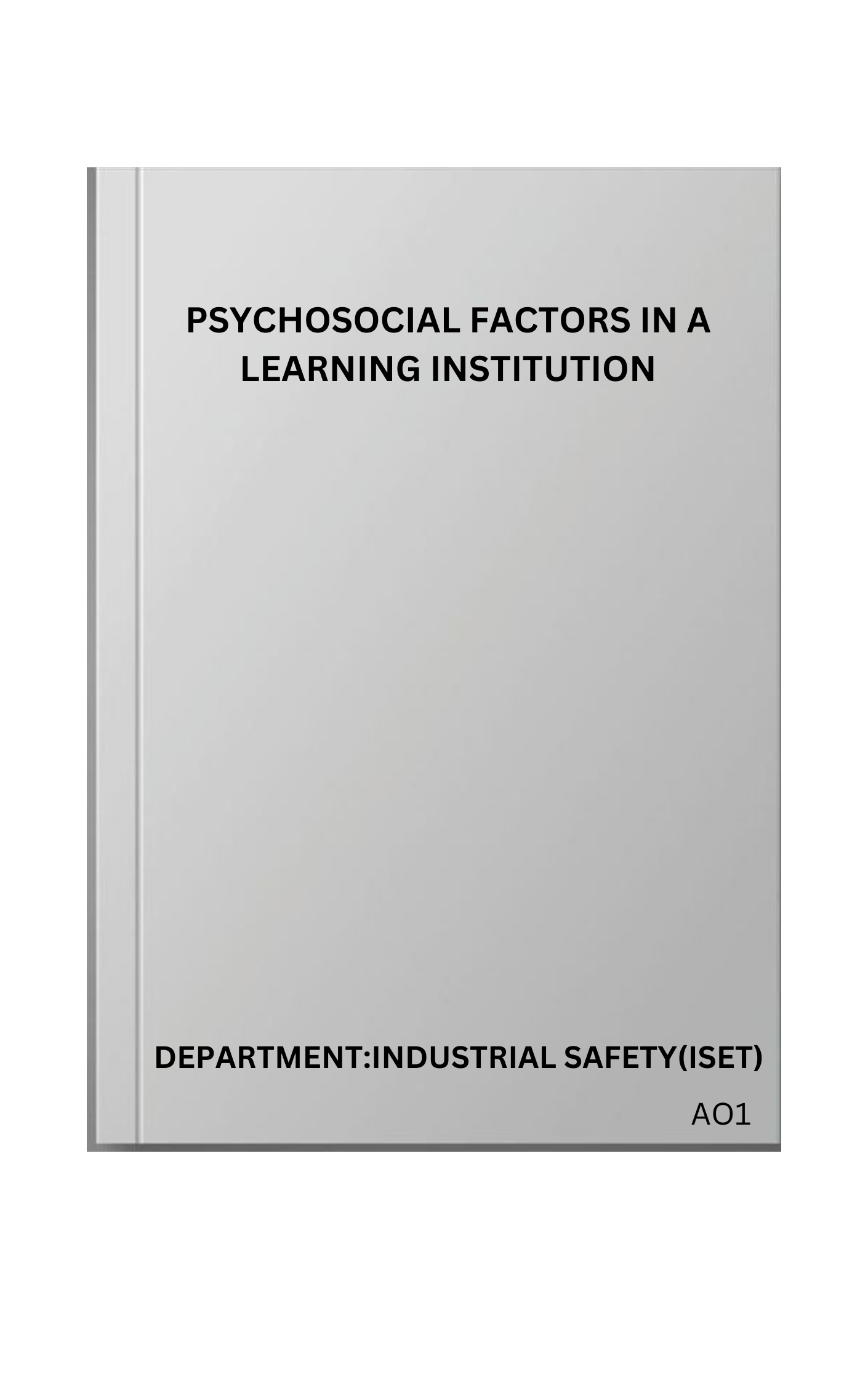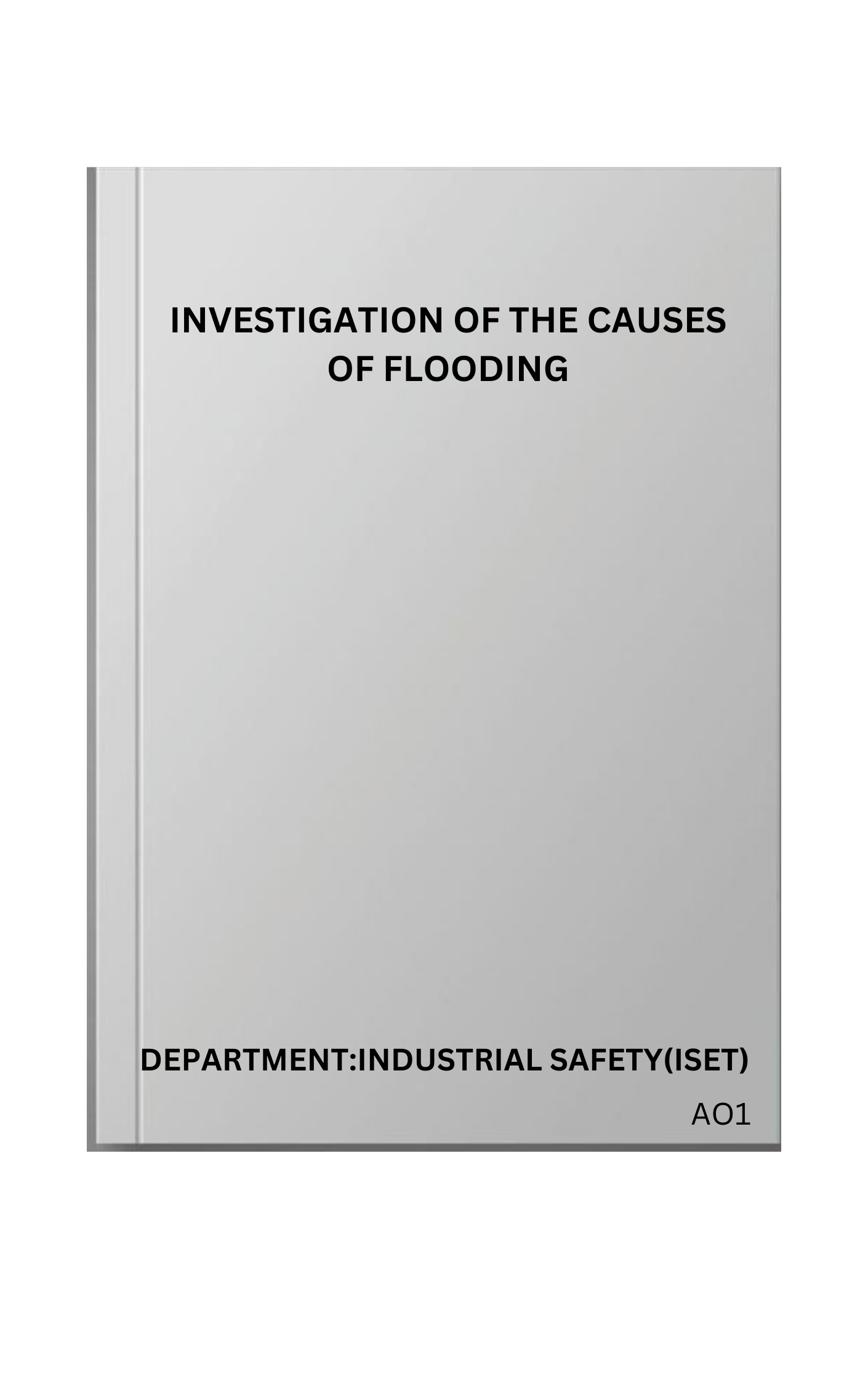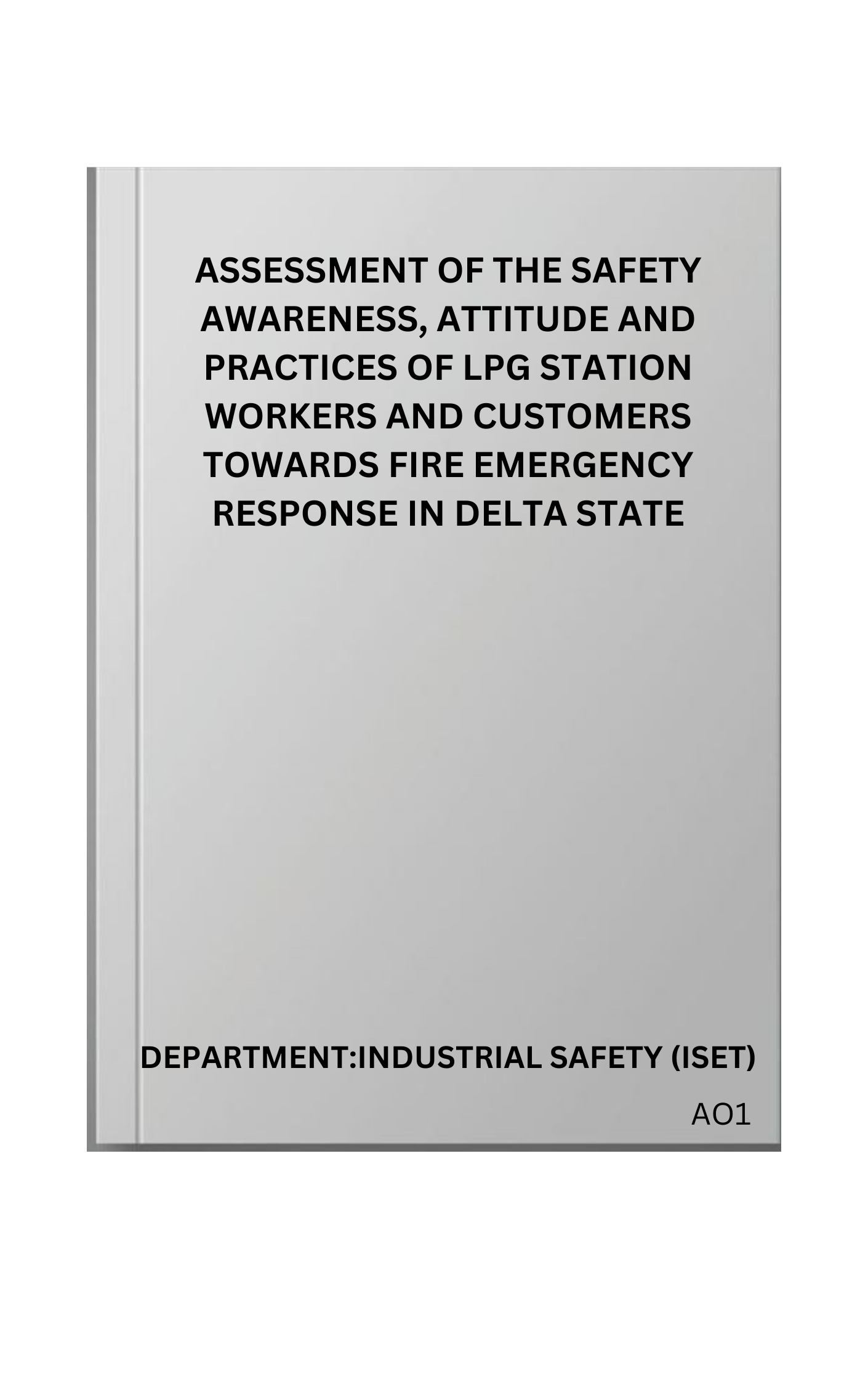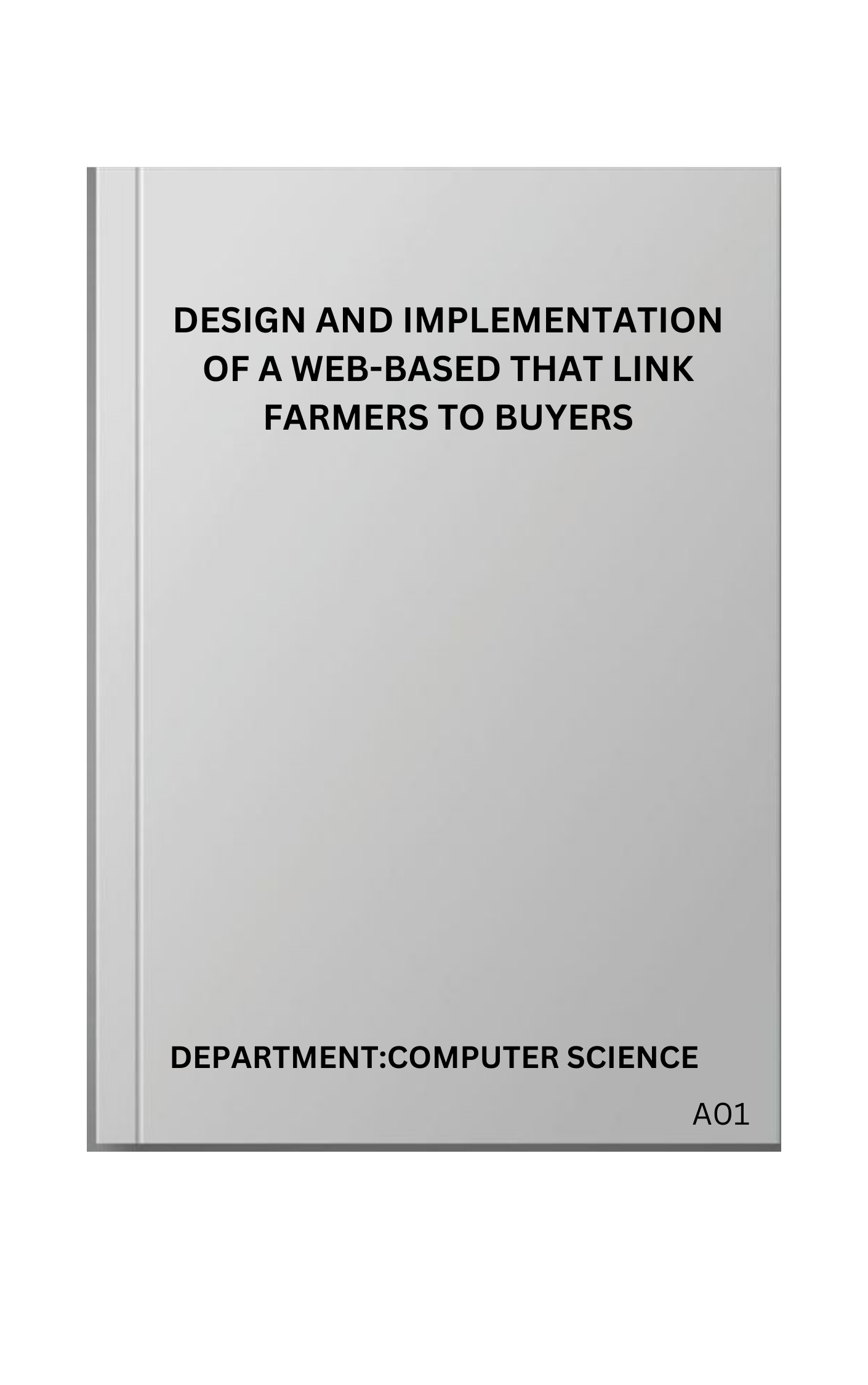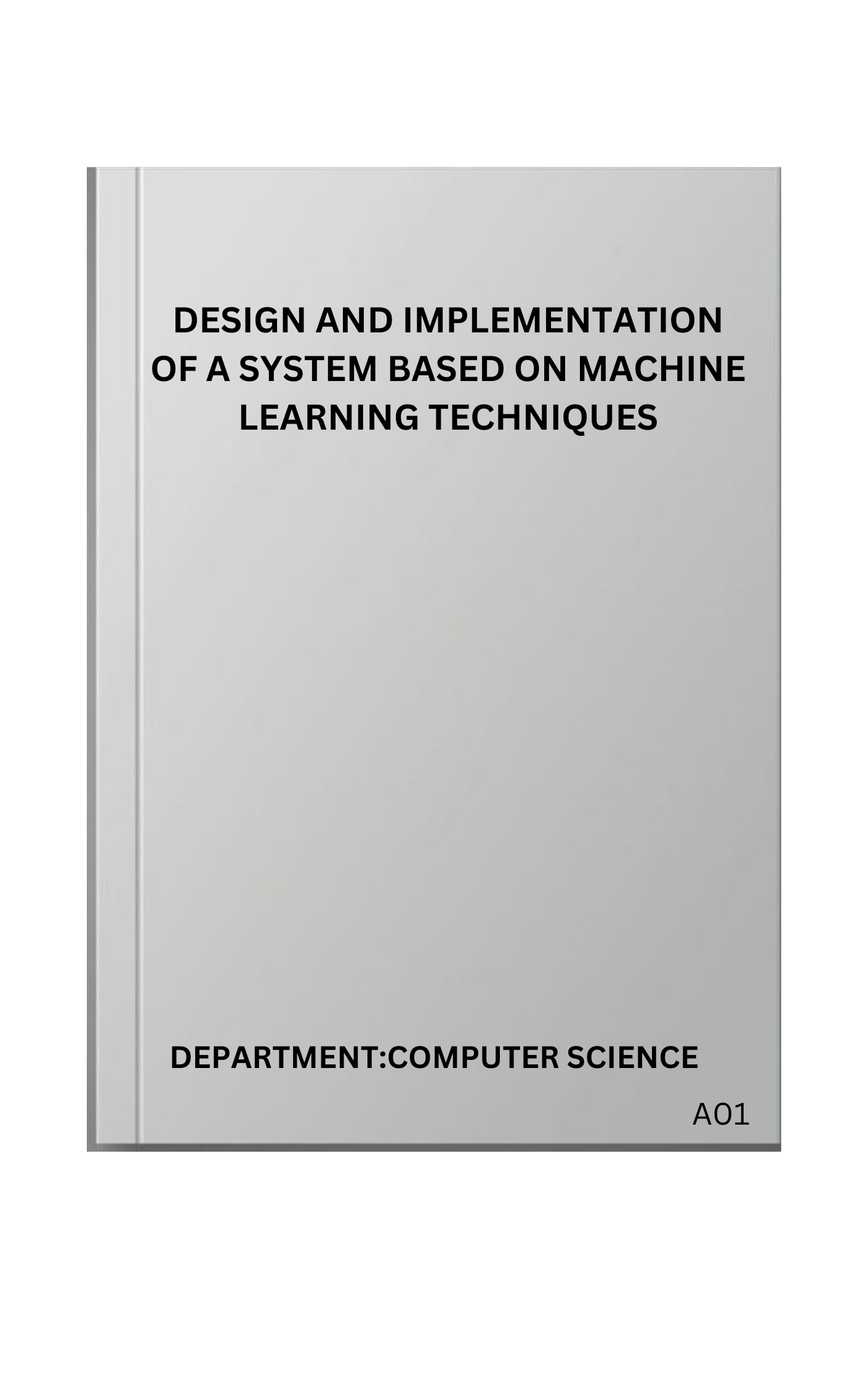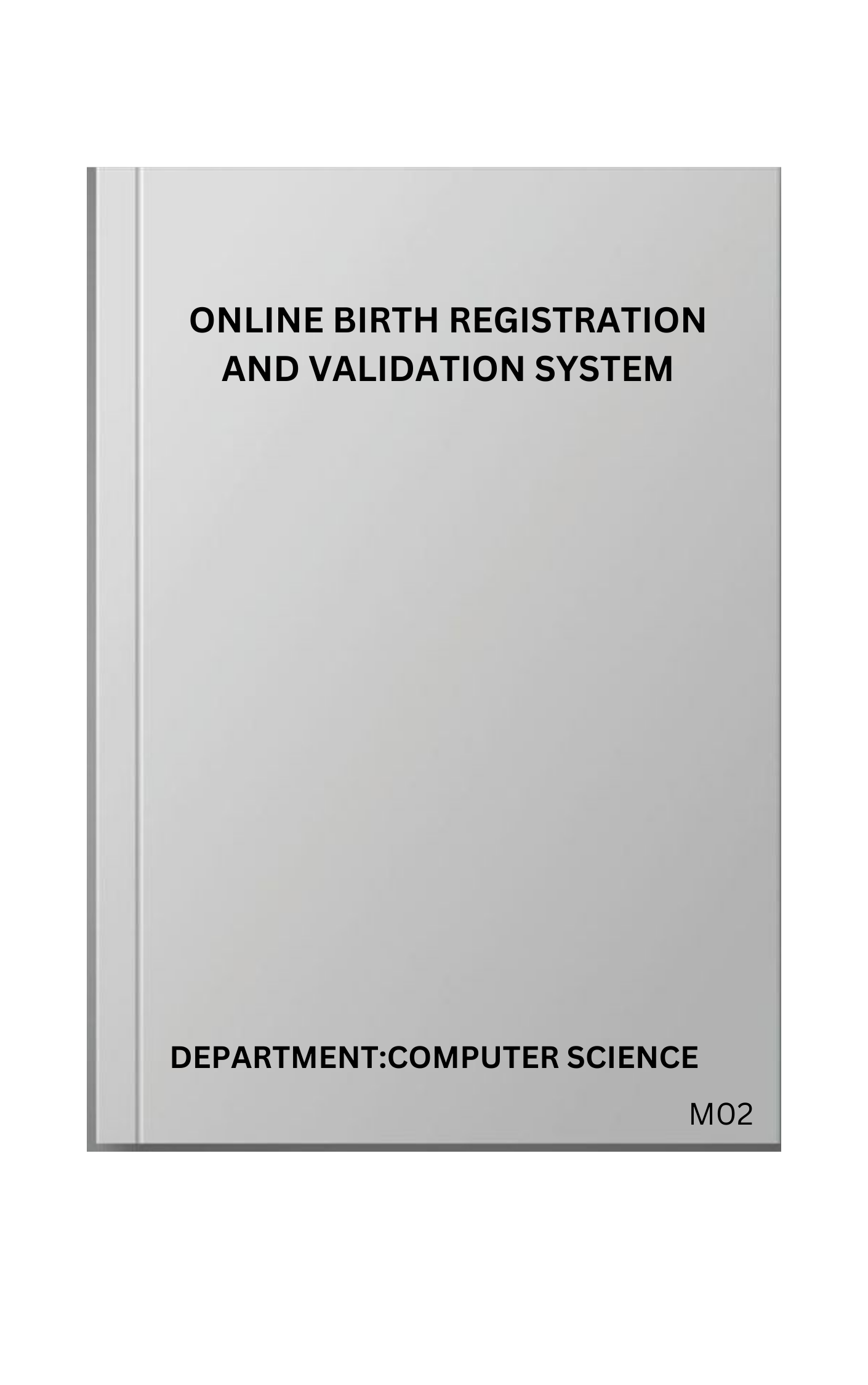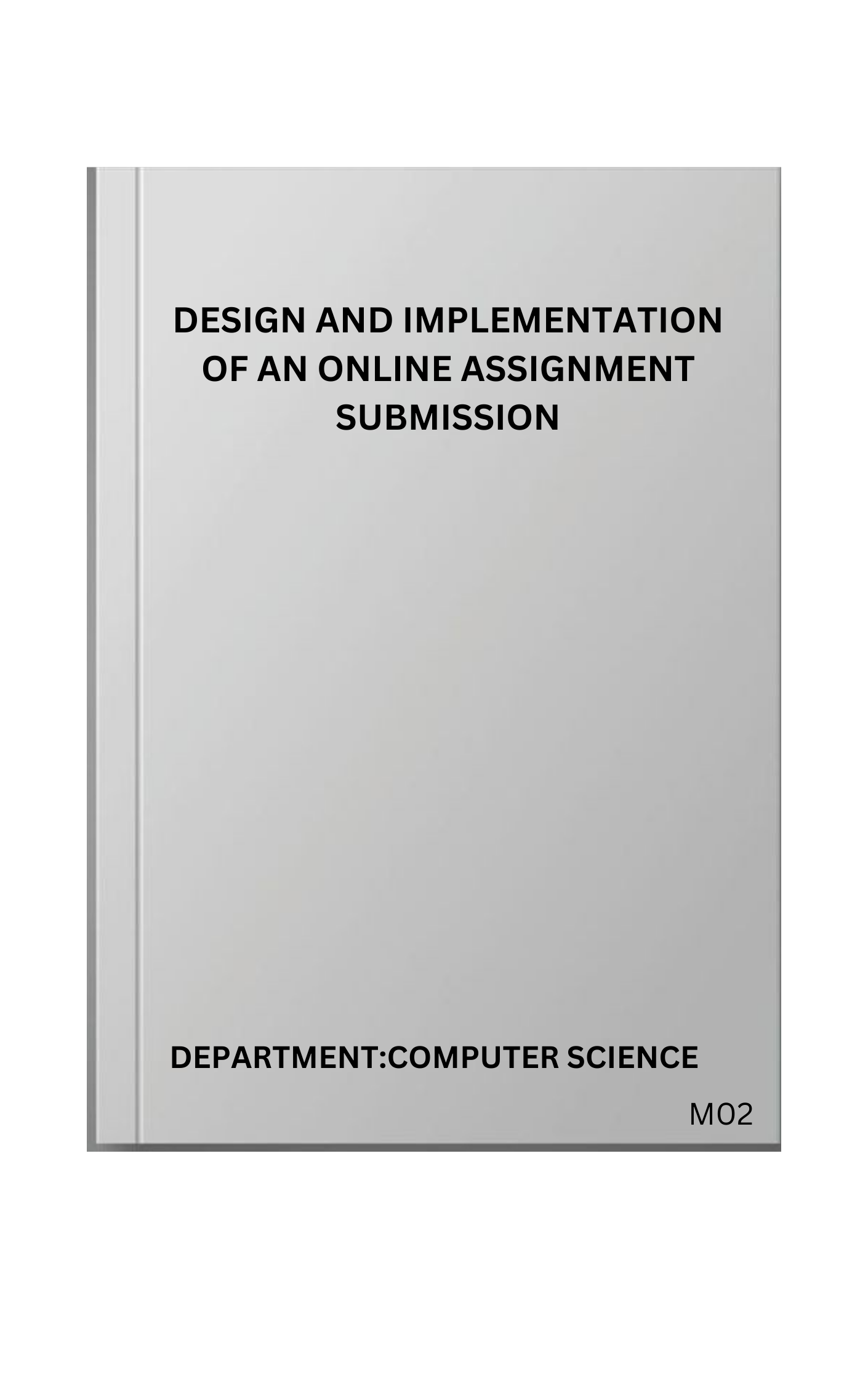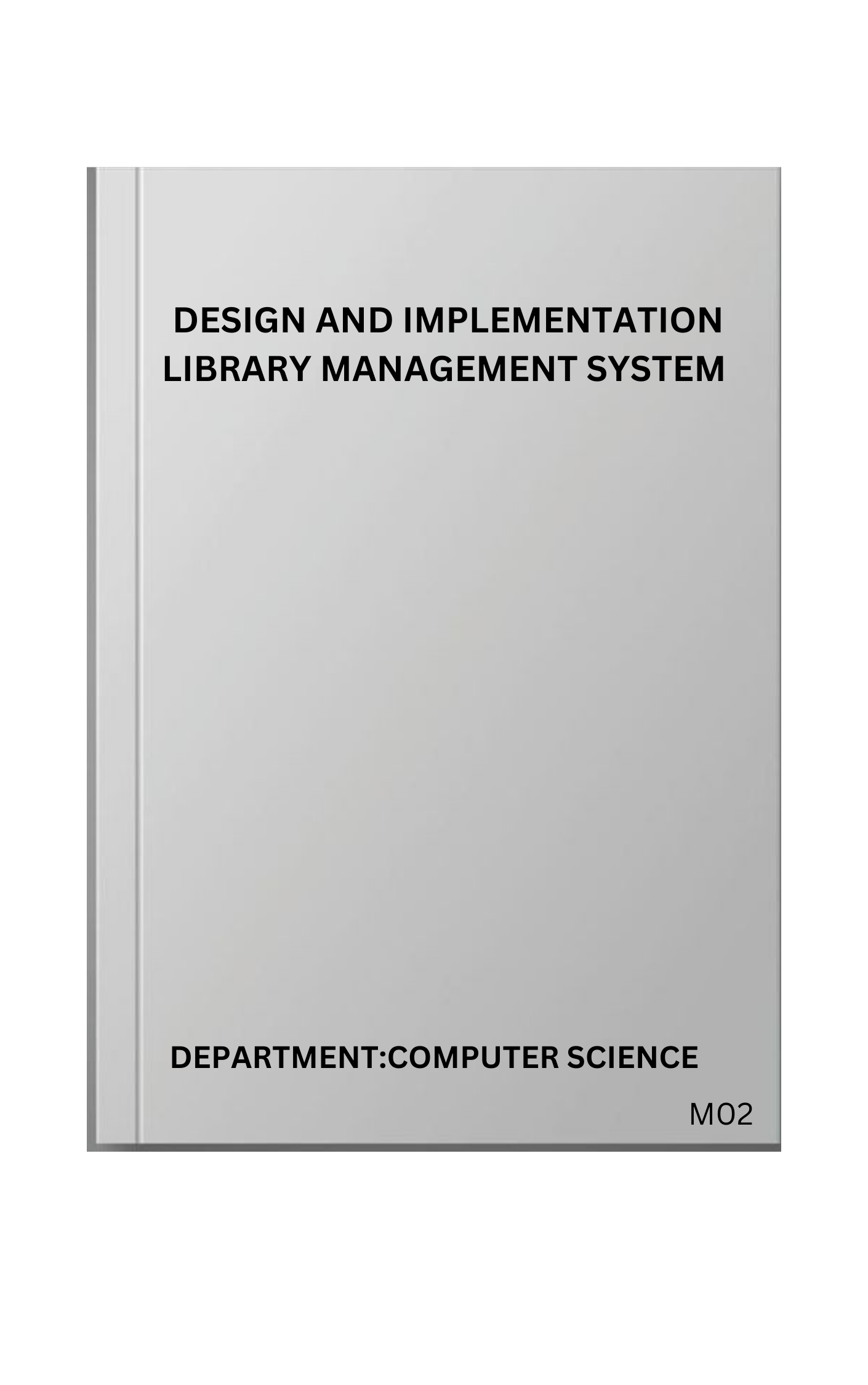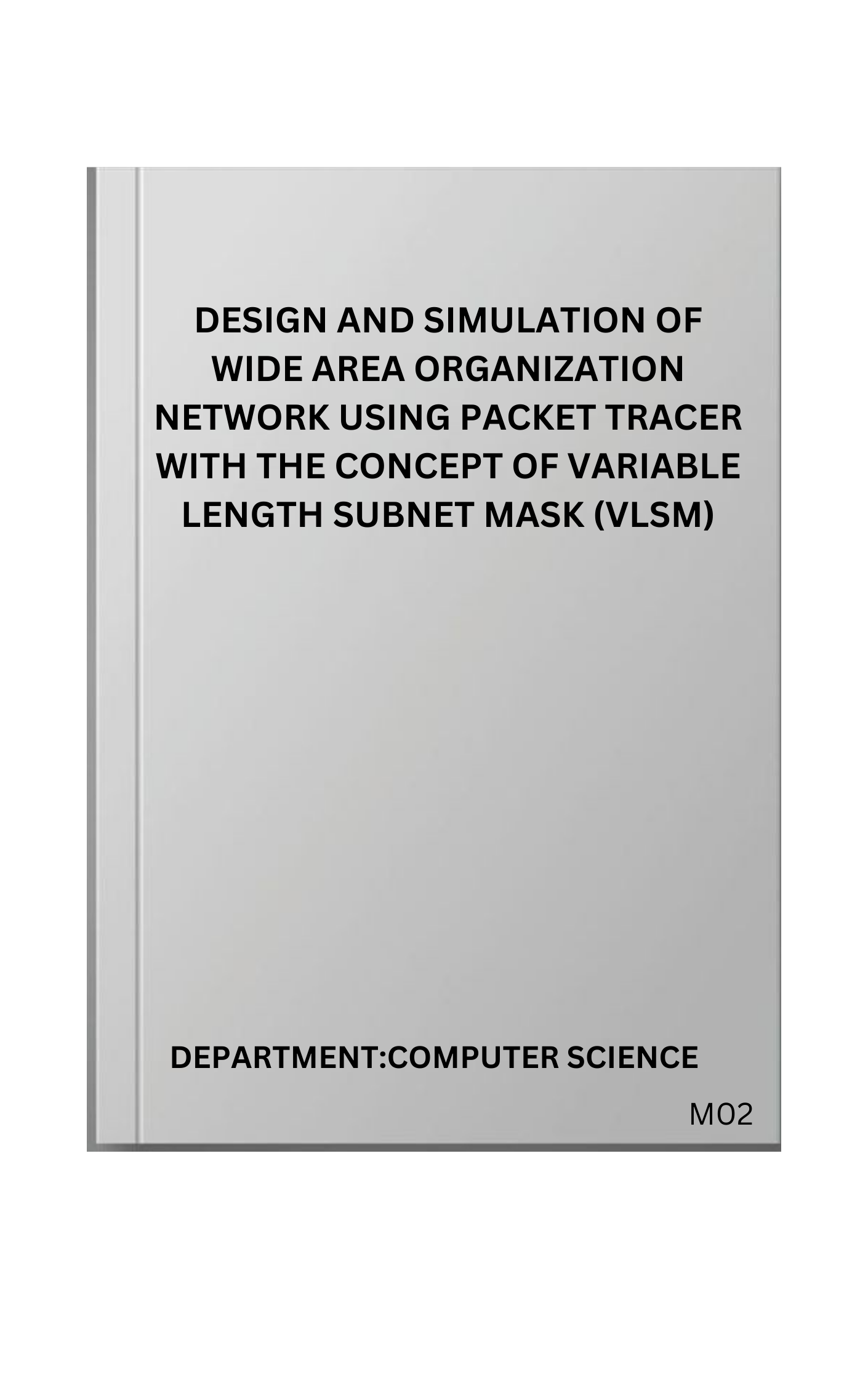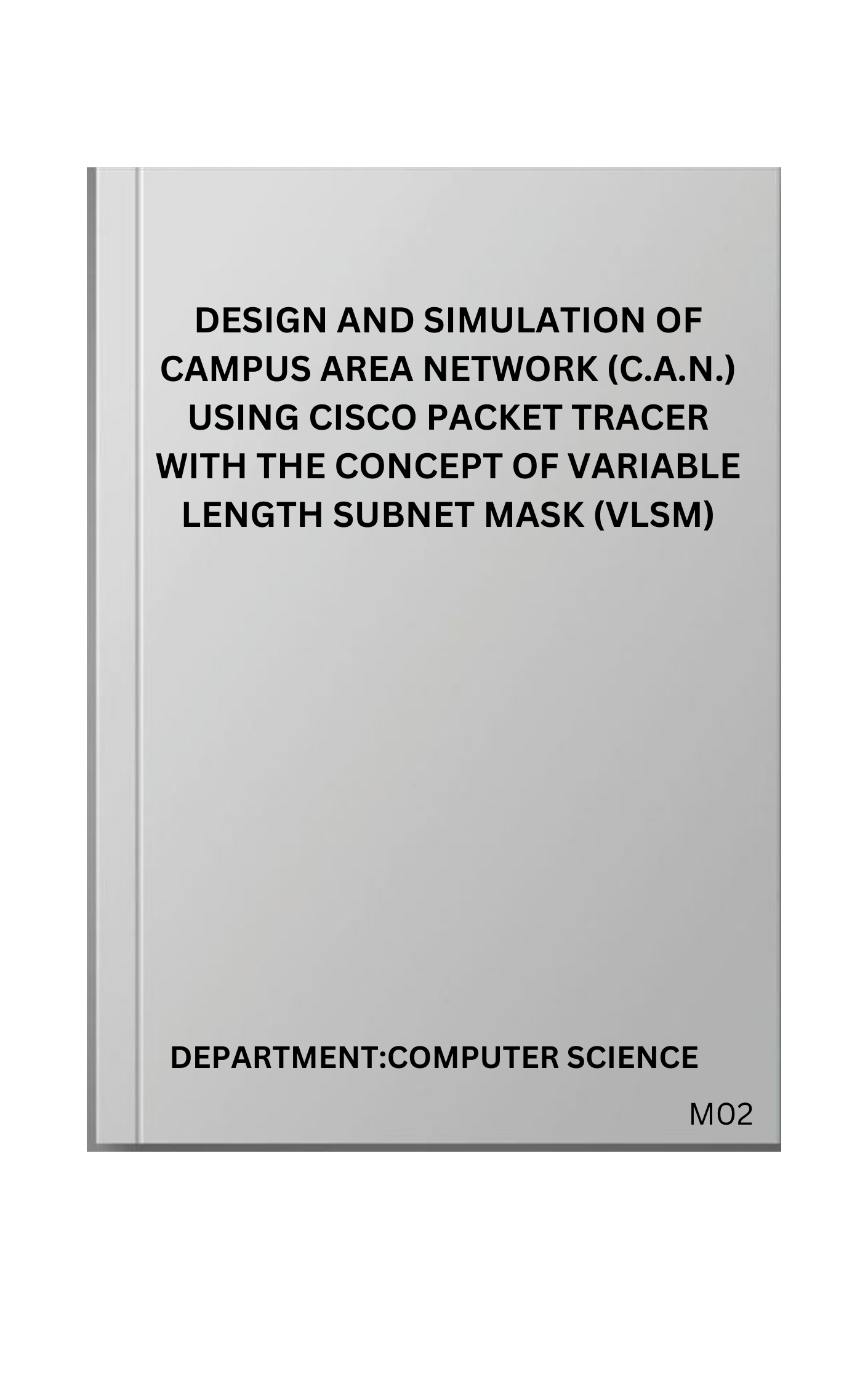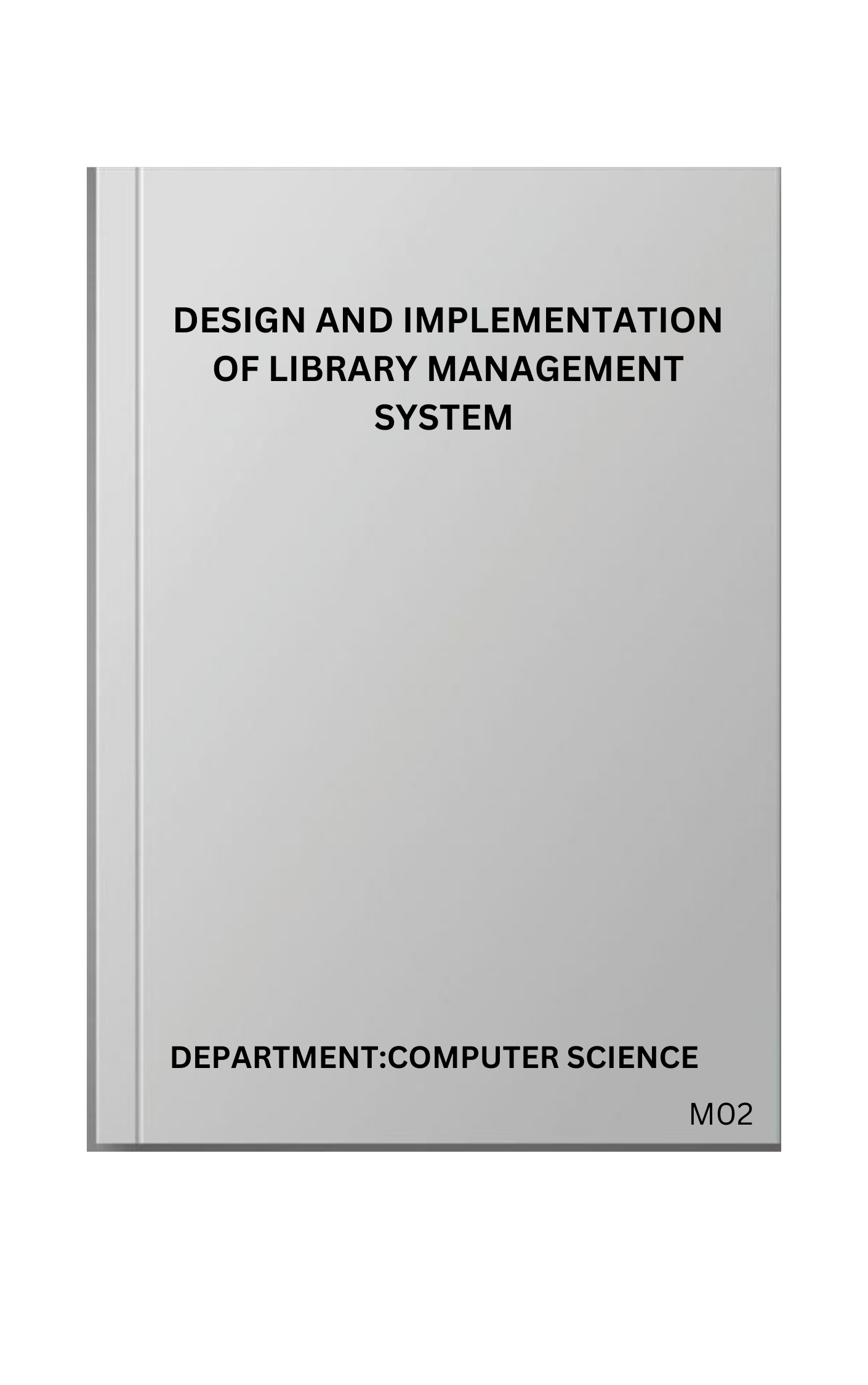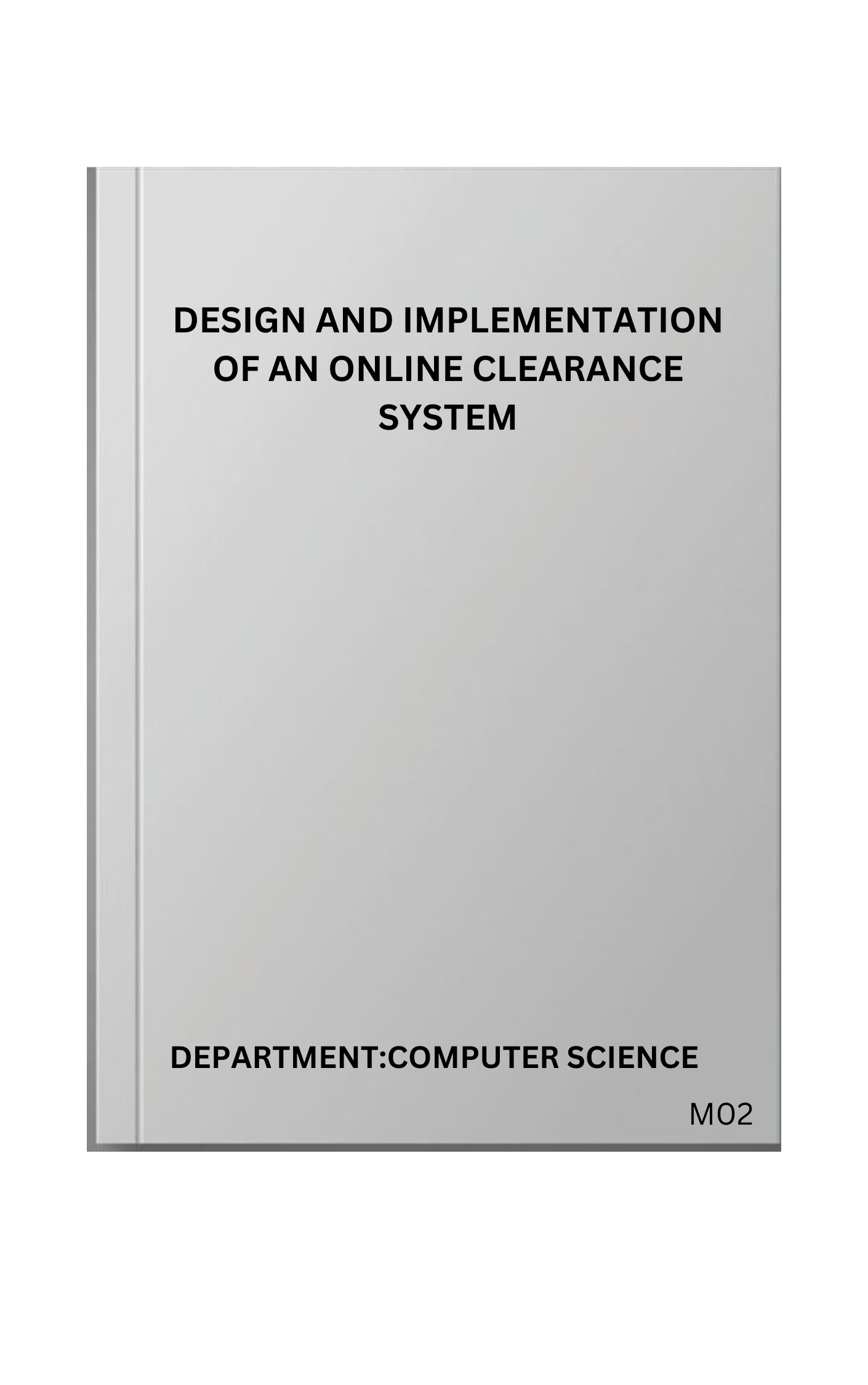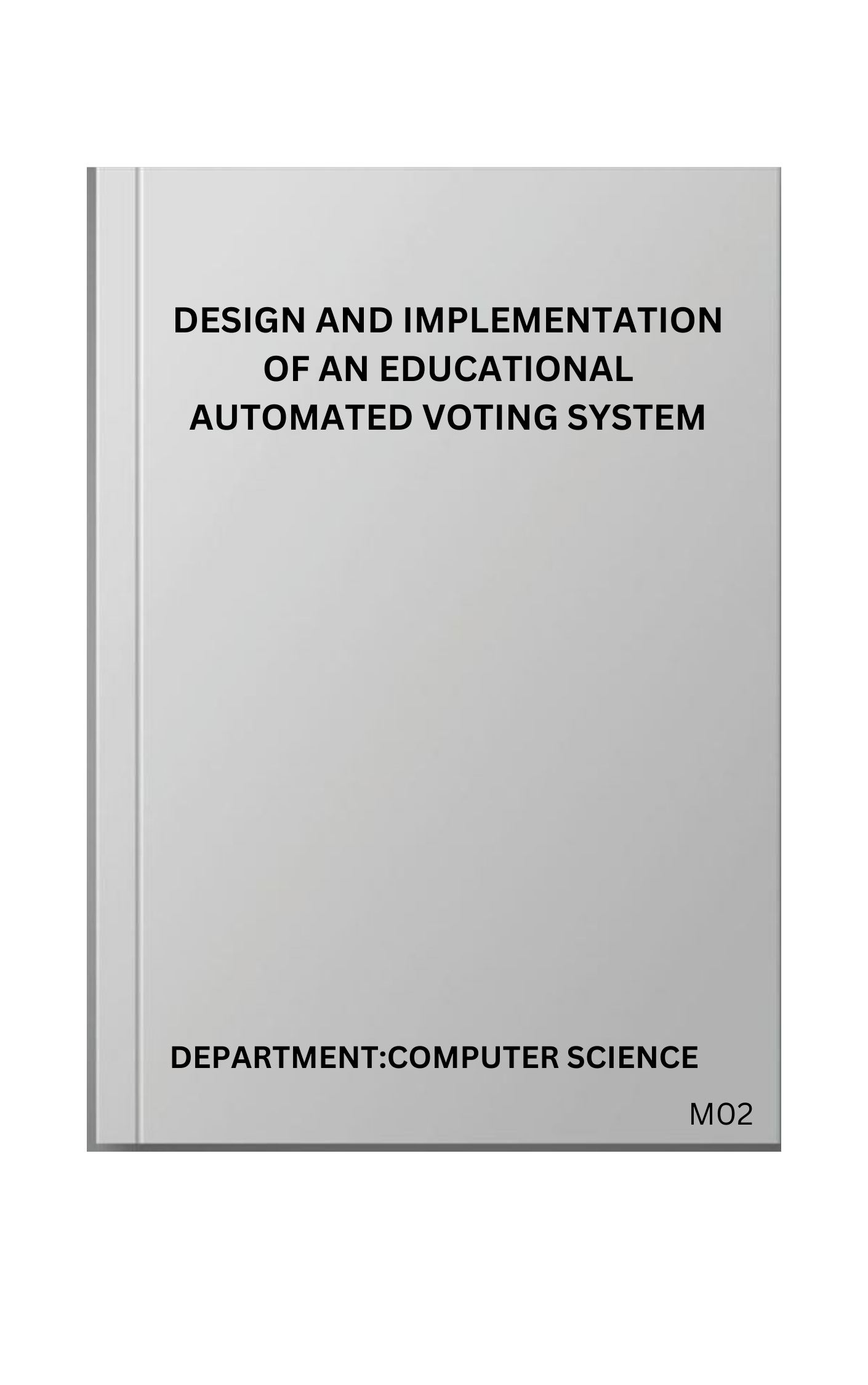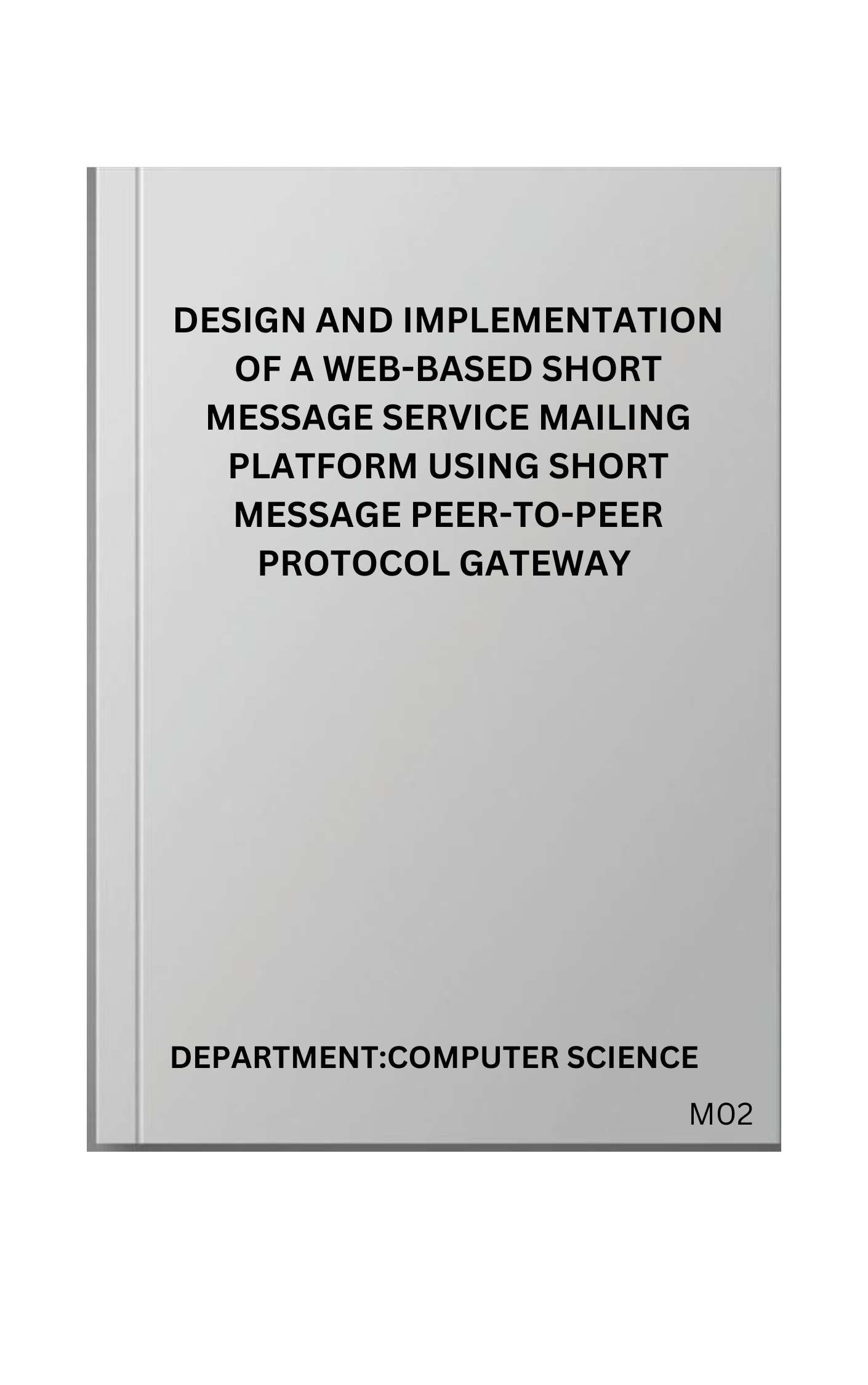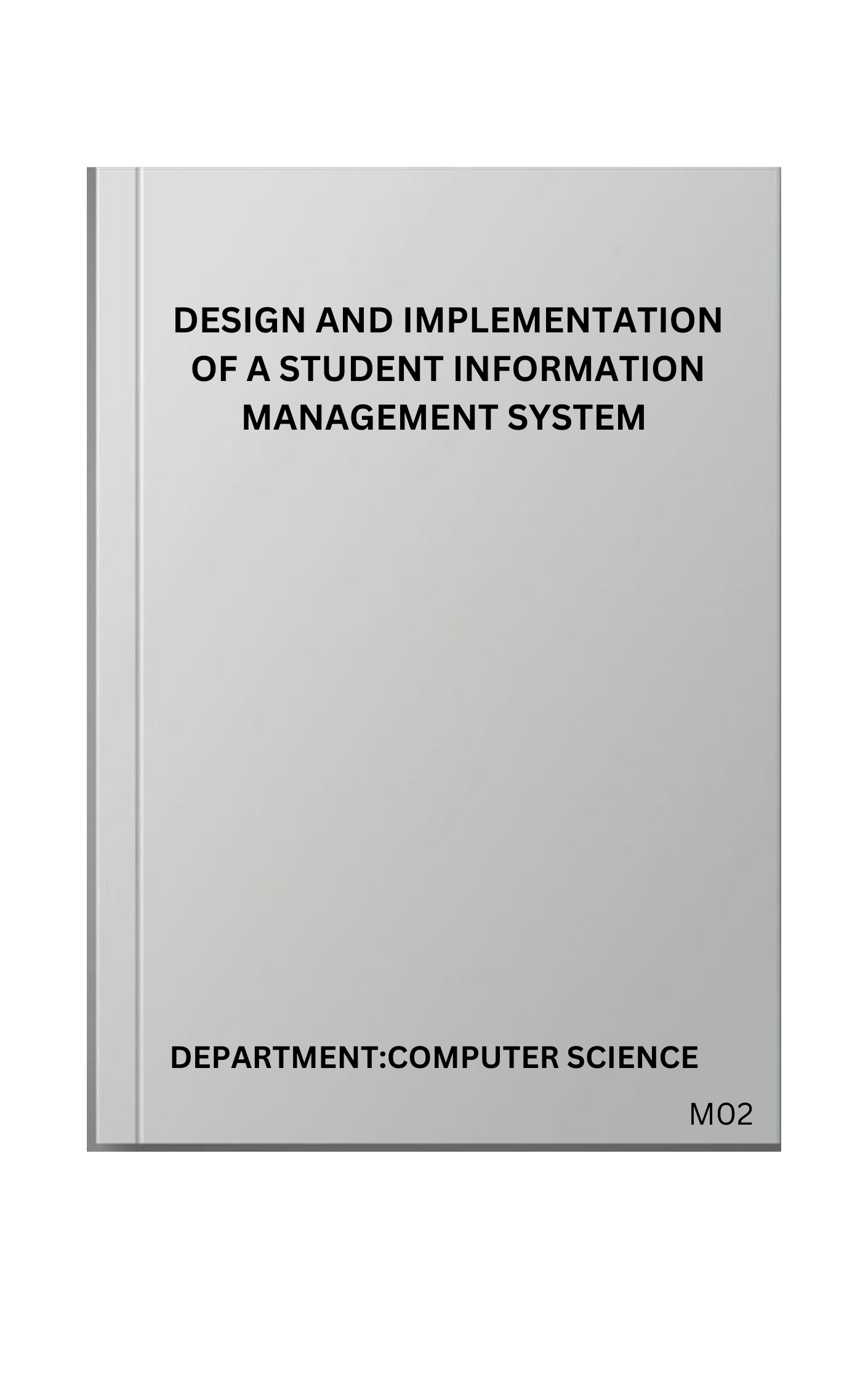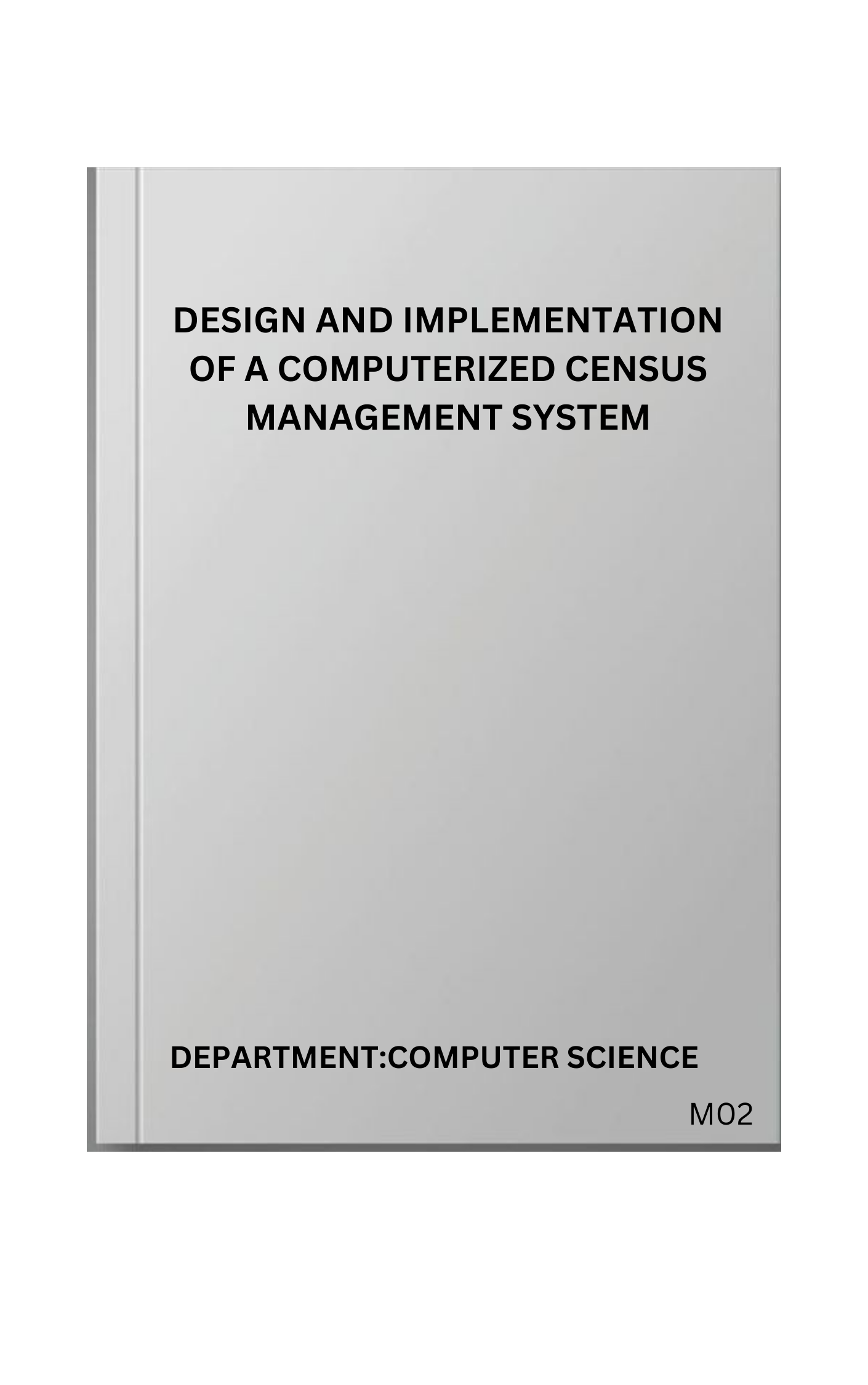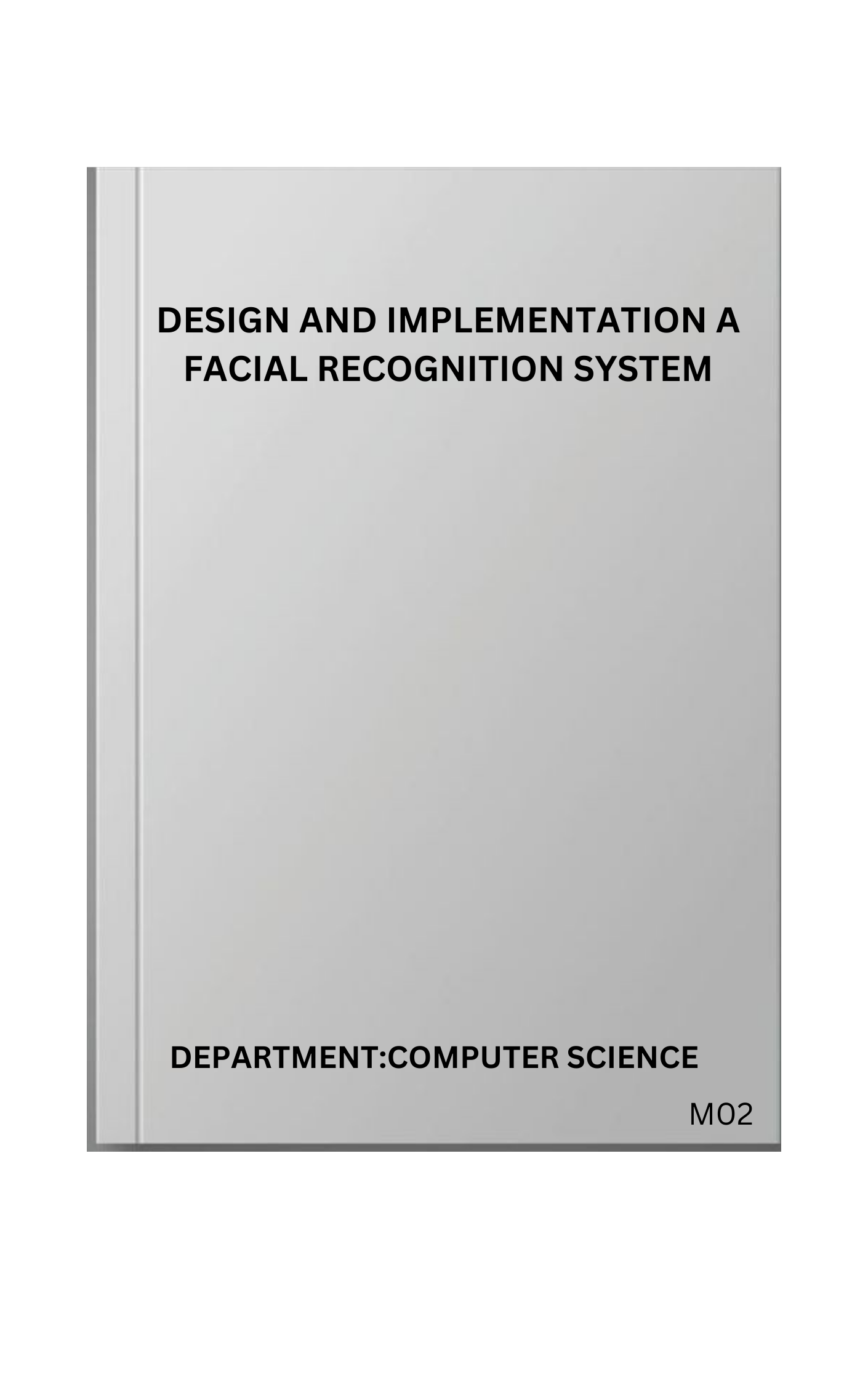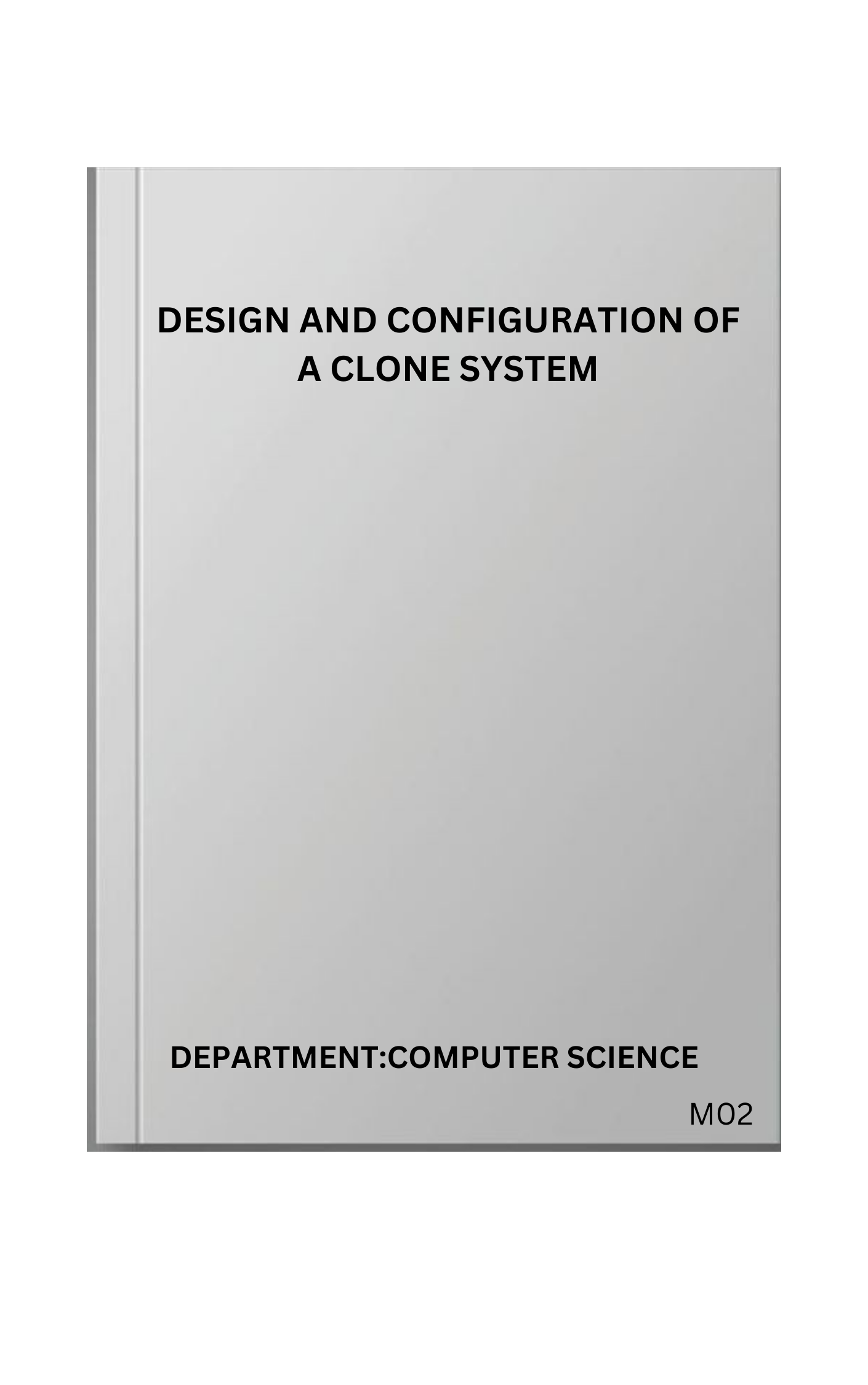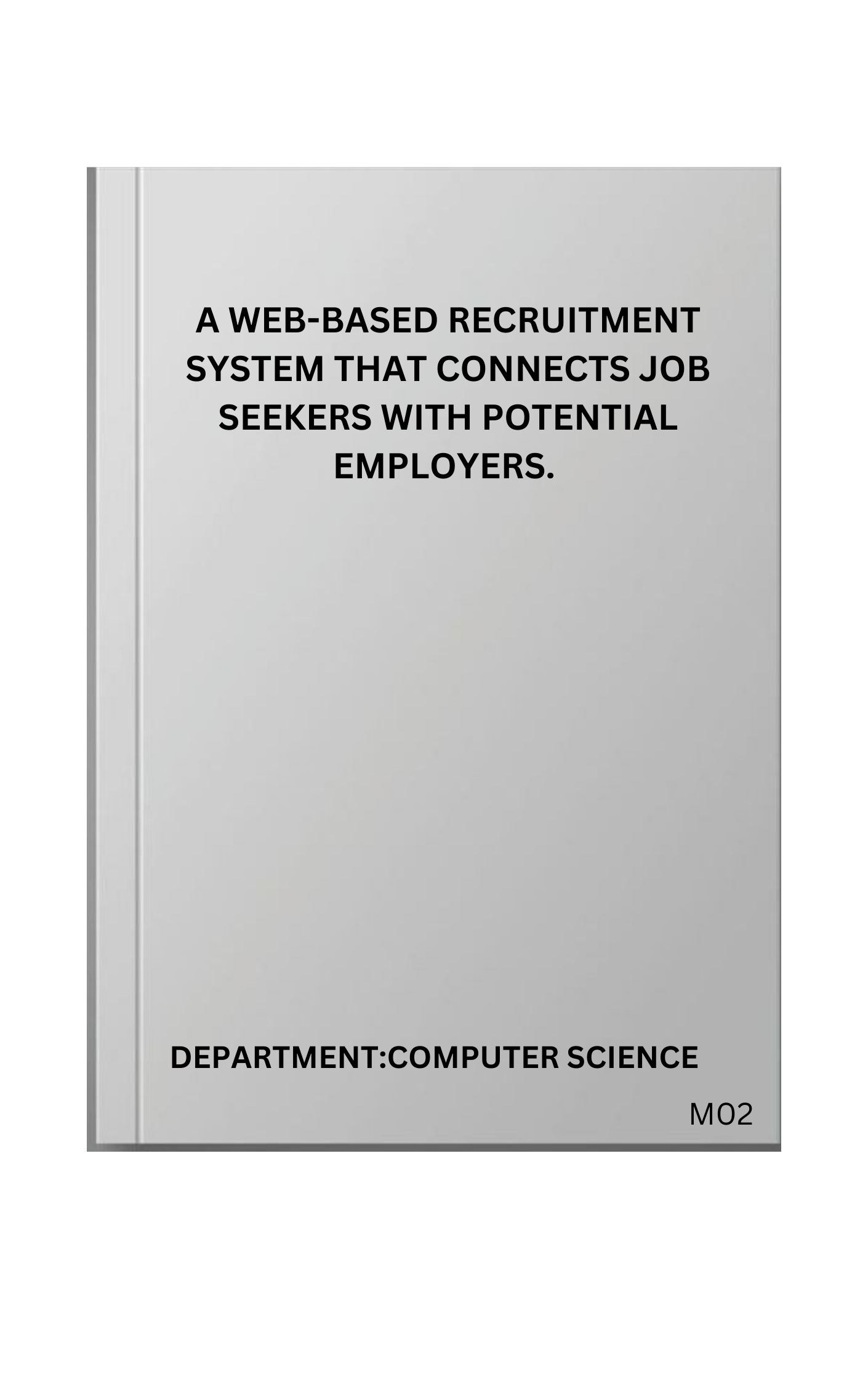CHAPTER ONE: INTRODUCTION
1.1Background to the Study
Training is the most basic function of human resources management. It is the systematic application of formal processes to help people to acquire the knowledge and skills necessary for them to perform their jobs satisfactorily (Armstrong, 2020). In today’s business world, training is the main strategy to perform the institutional objectives. It helps to improve employee and employer performance (Ruttledge & Cathcart, 2019). Employees are the most precious asset for any organization in building up or destroying its reputation and profitability (Elnaga & Imran, 2013). Some of the factors that determine the performance of employees are training of employees, organizational policies, working situations, job satisfaction, interactions with in the organization (Aktar, Sachu & Ali, 2012). Thus, training is one of the most effective tools to enhance the employee performance and to achieve the organizational objectives and goals effectively and efficiently (Afroz, 2018).
Employees are considered as the most valuable asset of every organization because the success or failure of any organization is mainly supported by its employees’ performance. Employees are required in organizations because their competencies can fulfill a particular role in a company. Either skilled employees are recruited, or they are developed in organizations with training programs. Every single industry is coping with activities that are used in attaining their standard. It had been revealed in various studies that there are sound associations between training practices and distinct measures of worker performance (Niazi, 2011). According to Sultana, Irum, Ahmed, & Mehmood, (2012) performance is the achievement of set targets in terms of expected standards of accuracy, completeness, cost and speed. Training requirements of a particular employee cannot exactly be the same for another employee, because for those who have low qualifications need extensive trainings and high motivation to be able to work with those who have high qualifications. Therefore, it is very essential for organizations to offer systematic training and career development programs for their employees because they are the ones who make up the organization.
Improved capabilities, knowledge and skills of the talented workforce proved to be a major source of competitive advantage in a global market. To develop the desired knowledge, skills and abilities of the employees, to perform well on the job, requires effective training programs that may also effect employee motivation and commitment. In order to prepare employees to do their job as desired, organizations provides training as to optimize their employee’s potential. Most of the firms, by applying long term planning, invest in the building new skills by their employee, enabling them to cope with the uncertain conditions that they may face in future, thus, improving the employee performance through superior level of motivation and commitment. When employees recognizes their organization interest in them through offering training programs, they in turn apply their best efforts to achieve organizational goals, and show high performance on job (Manasvi, 2020).
There are several challenges that impact employee performance in Nigeria. Some of the key challenges include poor working conditions, lack of training and development opportunities, inadequate compensation, limited job security, poor work-life balance and poor management practices (James, 2017)
1.2Statement of the Problem
The training process has always been useful for the petroleum industry, since there has been a constant impact of training over the organizations showing their culture as being socially responsible (Kuruppu, Kavirathne & Karunarathna, 2021).
However even though most company is spending large amount of money to train their staffs, the observations had in the most organization show that trainings are given for individuals, without identifying gaps between their actual performance and desired level of performance, which means employees take trainings that are not related with their work. Furthermore, management is facing difficulty in delivering the orders on time to the customers when their employees could not meet production targets and due to the quality defects identified in garments. Therefore, it has become a problem to the organization whether their trainings have an impact over employee performance. Although, many studies were carried out on the impact of training on employee performance in the organization, not enough research had been conducted in the petroleum industry in Nigeria to provide empirical support for investigating impact of training on employee performance among firms in the petroleum industry. Organization are faced with the problem of needs assessment in employee training due to difficulty of accurately identifying the specific training needs of employees within an organization.
There is also problem of training design as organizations face challenge in creating effective training programs that meet the specific needs of their employees.
Also training delivery style is a major problem as organizations face challenge of selecting the appropriate delivery method that best suits the learning needs and preferences of employees.
The final problem is the evaluation of training programs. Organizations may struggle to evaluate the effectiveness of their training programs due to a lack of clear objectives, inadequate evaluation tools or a failure to conduct follow-up evaluations This shows that there is a gap in empirical knowledge in that area (Kuruppu, Kavirathne & Karunarathna, 2021).
Therefore, this research work seeks to investigate training and employee performance in selected retail outlet in Warri.
1.3 Research Questions
The purpose of this study would answer the following research question
1.Does training needs assessment enhance employee efficiency?
2.Does training design affect employee quantity of work?
3.Does training delivery style influence employees effectiveness?
Does training evaluation affect employees speed?
Training And Employee Performance A Study Of Selected Retail Outlet
Project
₦ 5,000.00
Abstract
Employee training is a critical factor in enhancing performance, efficiency, and service quality in the retail sector. This study examines the impact of training programs on employee performance in selected retail outlets, focusing on how skill development, knowledge acquisition, and continuous learning contribute to improved job effectiveness and customer satisfaction.
The research explores different training methods, including on-the-job training, workshops, mentorship programs, and digital learning, to determine their effectiveness in boosting employee productivity. It also highlights challenges such as inadequate training resources, time constraints, and resistance to new learning techniques that may hinder training effectiveness.
Findings suggest that retail employees who undergo regular training exhibit higher job performance, better customer service skills, and increased job satisfaction. Additionally, well-trained employees contribute to higher sales, reduced errors, and improved overall business performance.
In conclusion, this study emphasizes the importance of continuous employee training in driving business success in the retail industry. It recommends that retail outlets invest in structured training programs, leverage technology-driven learning solutions, and create a culture of continuous skill development to enhance employee performance and business growth.

